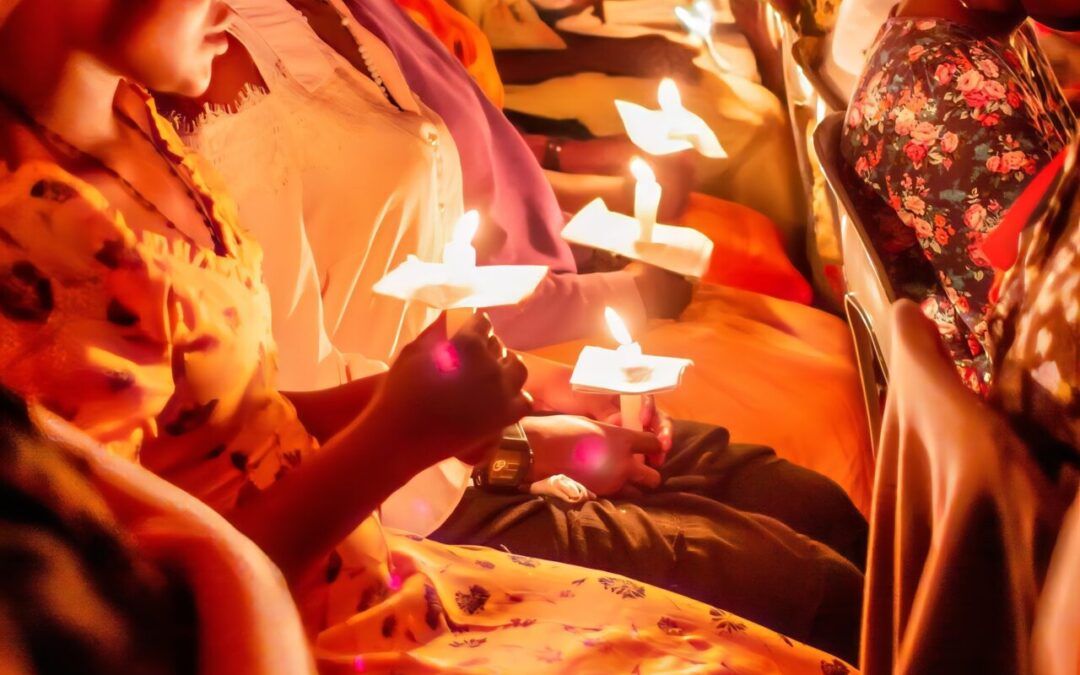Ugandan Easter Celebrations: Balancing Tradition with Modernity
As dawn breaks over the lush green hills of Uganda, church bells ring out across villages and towns, heralding one of the most sacred days on the Christian calendar. Easter, a time of profound spiritual significance, is celebrated with an infectious vibrancy that reflects both the deep-rooted faith of Ugandans and their rich cultural heritage. In this East African nation, where Christianity coexists harmoniously with ancestral traditions, Easter becomes more than just a religious observance—it’s a celebration of life, unity, and renewal. From solemn processions to lively communal feasts, Ugandan Easter festivities offer a fascinating glimpse into how tradition and modernity intertwine in a shared expression of joy and devotion.
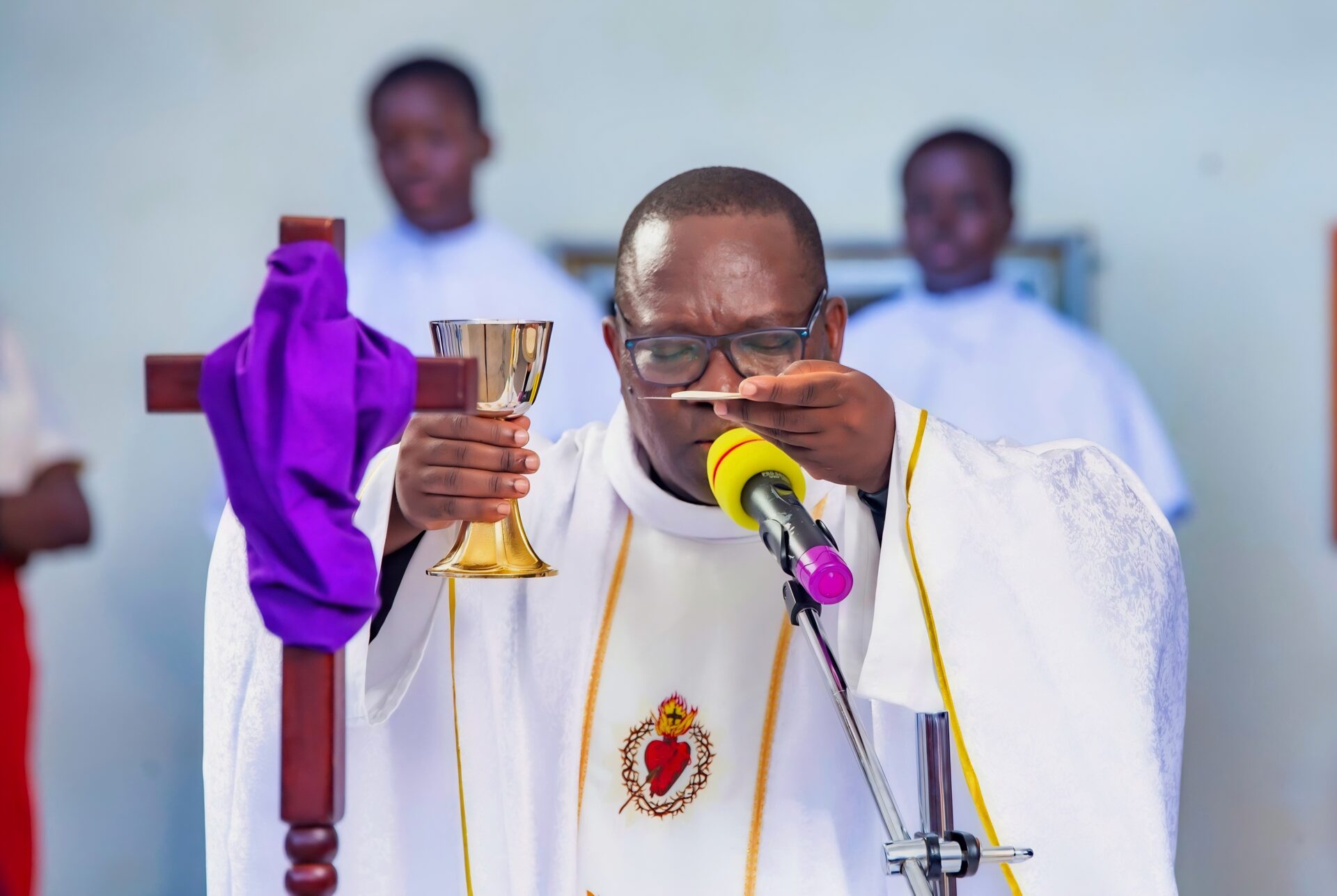
In this article, we will explore seven key aspects of Easter celebrations in Uganda, delving into the rituals, customs, and values that make them so unique. Through real-world examples, thoughtful analysis, and engaging storytelling, we aim to paint a vivid picture of this remarkable holiday while inviting readers to reflect on its broader implications for community, spirituality, and identity.
1. The Religious Significance of Easter in Uganda
At the heart of Easter lies the profound narrative of Jesus Christ’s crucifixion and resurrection—a story that resonates deeply within the hearts of Ugandan Christians, who constitute approximately 85% of the population. This holy season is not merely a date on the calendar but a transformative period that embodies faith, sacrifice, and renewal. For many Ugandans, Easter represents an opportunity to reconnect with their spiritual roots while celebrating the triumph of life over death.
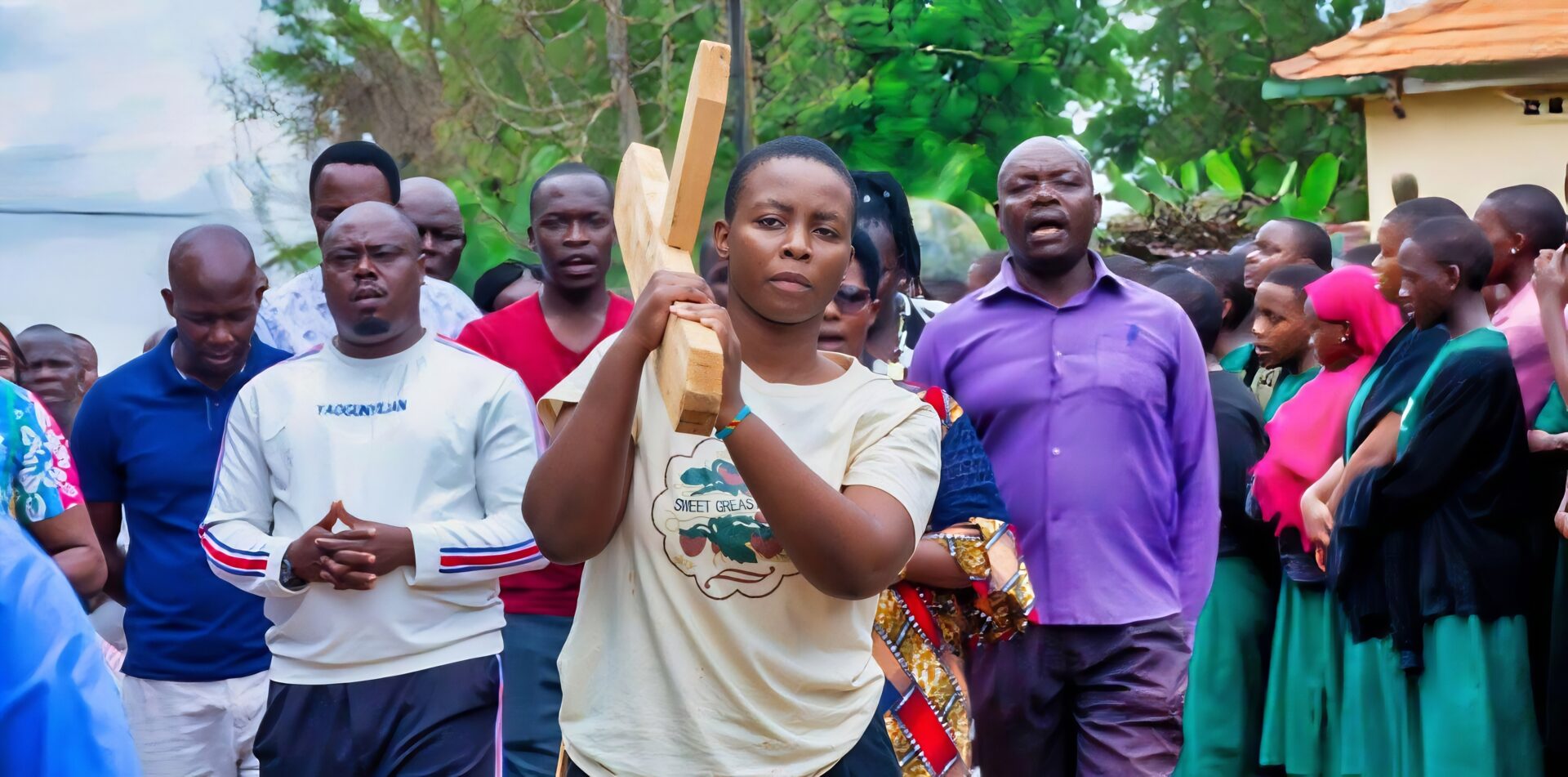
Holy Week: A Journey of Reflection and Devotion
The observance of Easter in Uganda begins with Palm Sunday, marking the start of Holy Week. On this day, churches across the country are adorned with palm fronds, symbolising Christ’s triumphant entry into Jerusalem. Congregants wave these fronds during processions, echoing the biblical account and setting the tone for the week ahead.
As Holy Week progresses, Ugandans immerse themselves in acts of devotion. Maundy Thursday holds particular significance, as it commemorates the Last Supper and Christ’s act of washing His disciples’ feet—a gesture of humility and service. Many churches in Uganda replicate this ritual by organising foot-washing ceremonies, where clergy and congregants alike participate. These symbolic acts remind worshippers of the importance of servanthood and compassion in their daily lives.
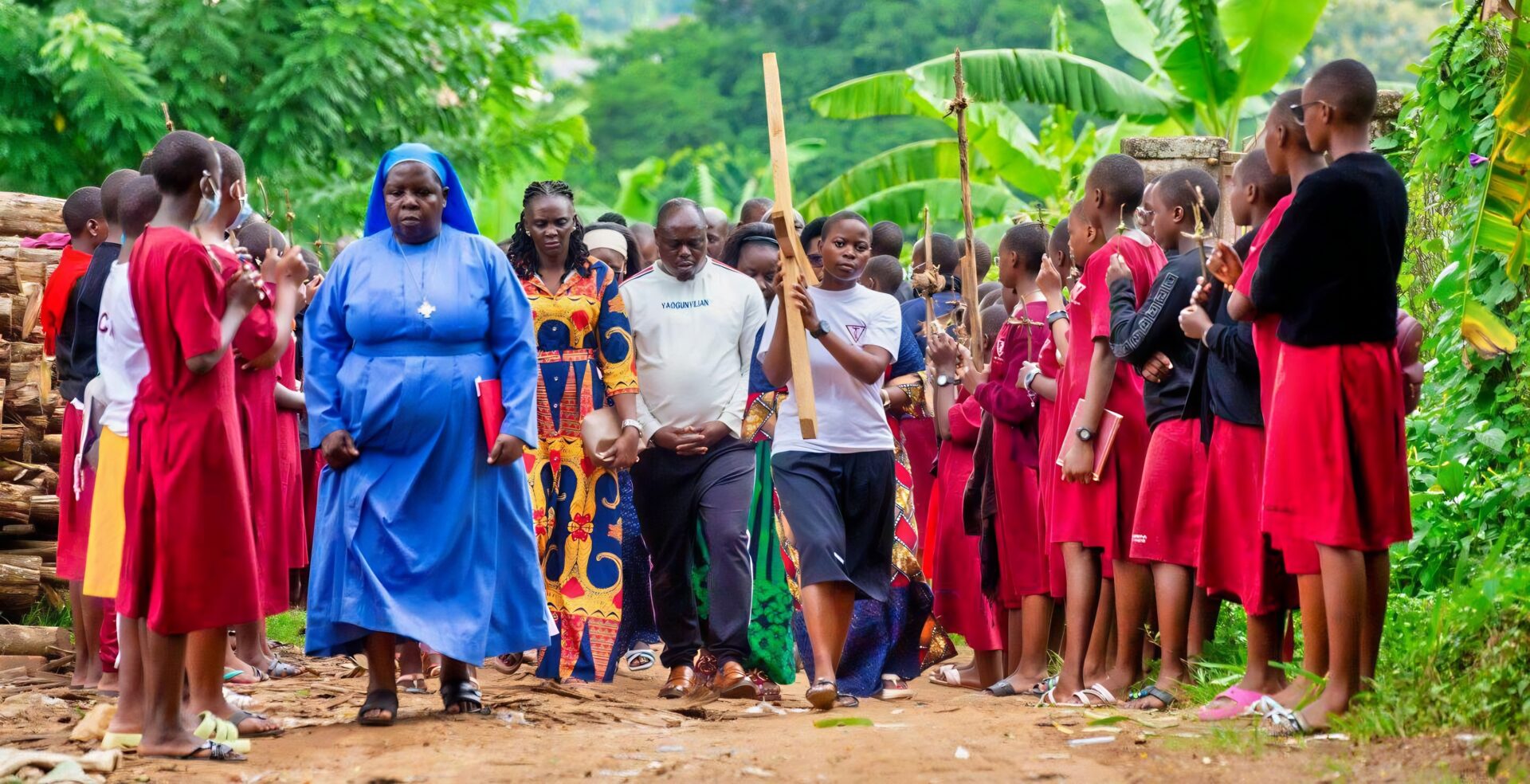
Good Friday, however, shifts the mood to one of solemnity and reflection. Across Uganda, streets become pathways of prayer as devout Christians join processions dressed in sombre attire—purple or black garments—to mourn Christ’s crucifixion. In cities like Kampala and rural villages alike, you’ll find groups carrying large wooden crosses, reciting prayers, and singing hymns such as “Were You There When They Crucified My Lord?” The air is thick with emotion, as believers pause to contemplate the suffering endured by Christ for humanity’s salvation.
Easter Sunday: A Celebration of Resurrection and Joy
When dawn breaks on Easter Sunday, the atmosphere transforms dramatically. Churches fill early in the morning, often before sunrise, as congregants gather to celebrate the resurrection of Jesus Christ. The darkness of Good Friday gives way to the light of new life, symbolised by the first rays of sunlight streaming through stained-glass windows. Hymns like “Christ the Lord Is Risen Today” echo through sanctuaries, accompanied by the exuberant sounds of African choirs, blending traditional melodies with Christian lyrics.
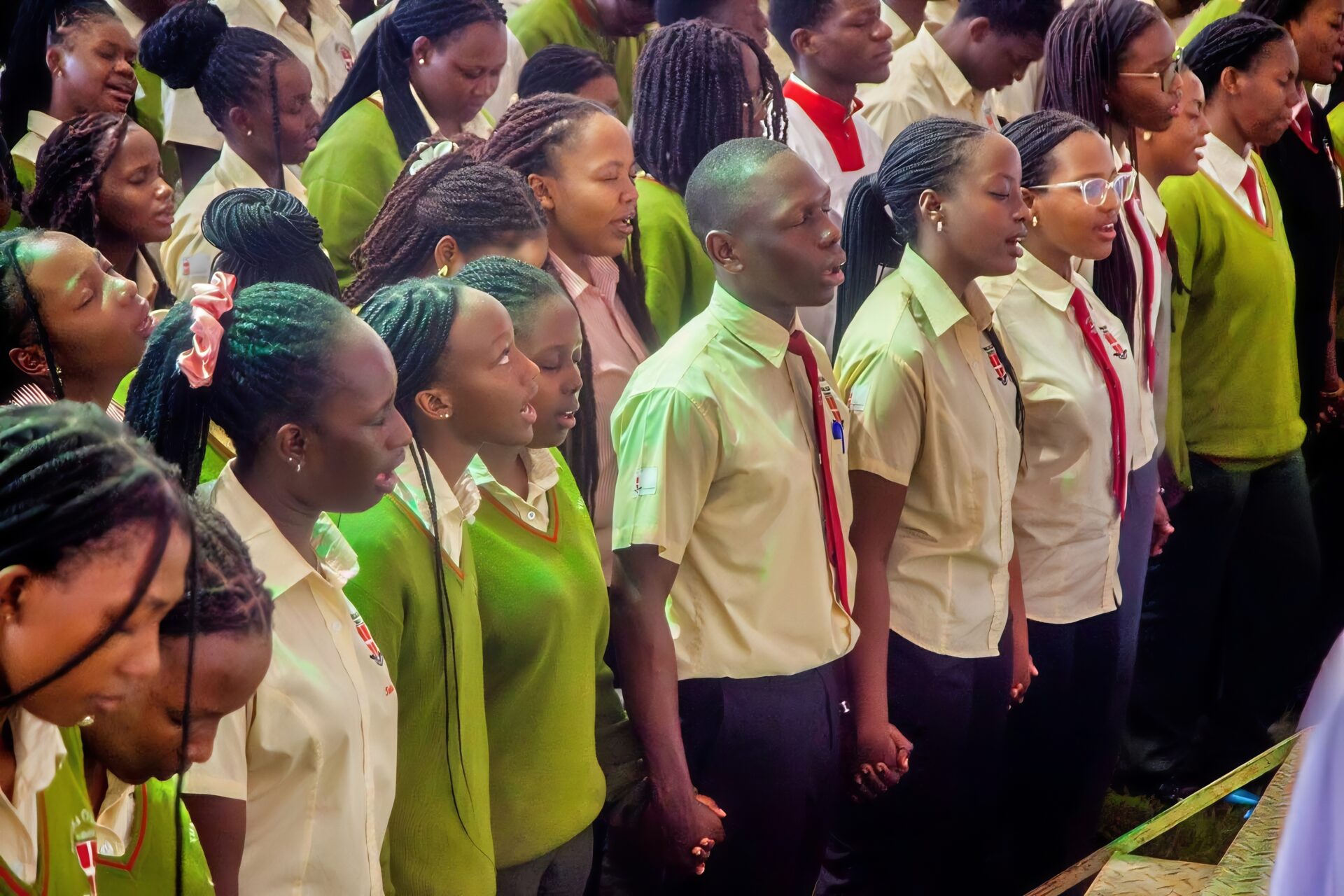
Sermons delivered on Easter Sunday focus on themes of hope, redemption, and victory over despair. Pastors often share powerful testimonies from members of the congregation, illustrating how faith has brought transformation to their lives. Dramatic reenactments of the resurrection are also common, especially in rural areas, where local actors portray biblical figures in vibrant costumes against the backdrop of Uganda’s verdant landscapes. These performances captivate audiences and reinforce the message of Christ’s victory over death.
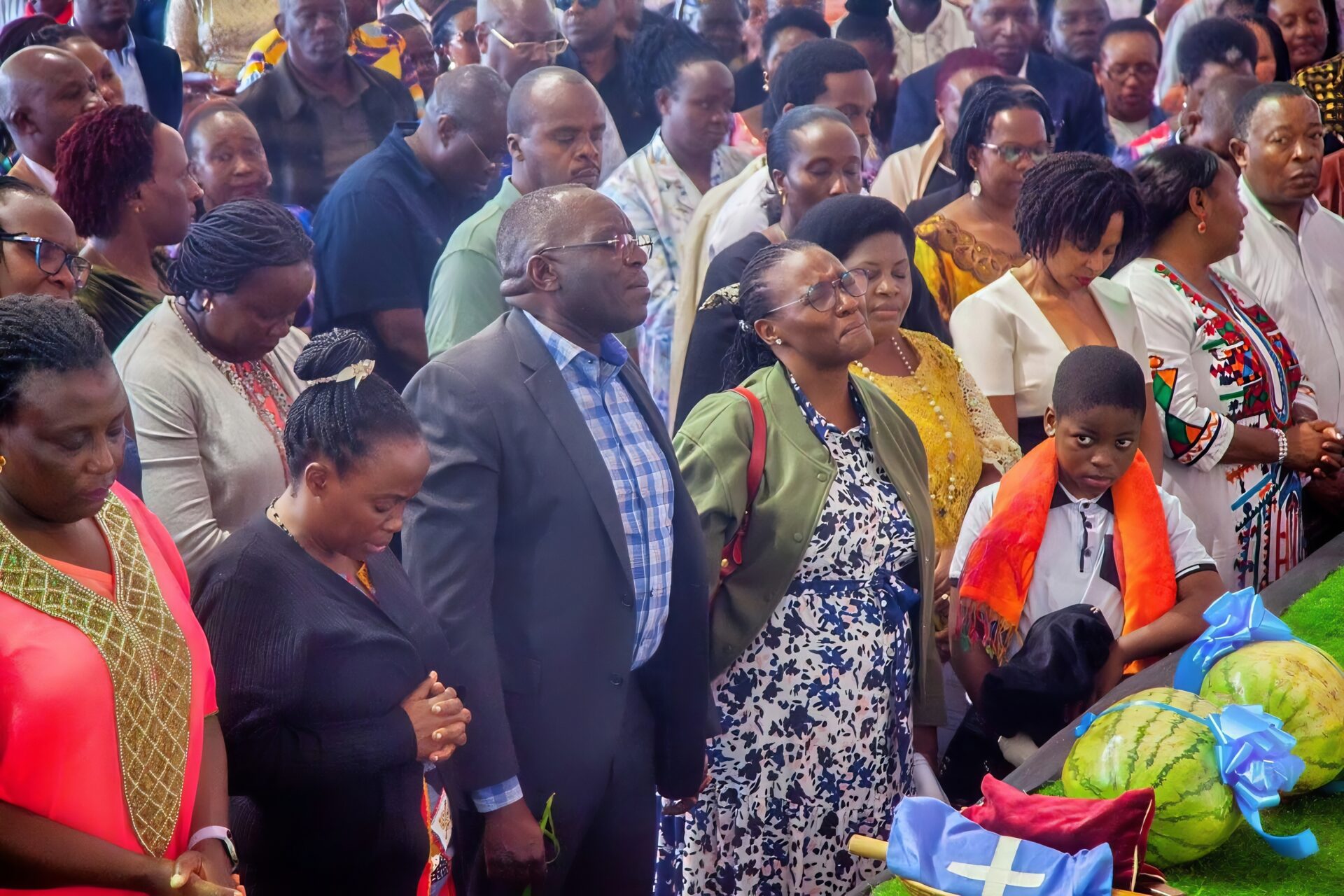
Balancing Piety and Festivity
While the religious essence of Easter remains paramount, there is no denying the festive spirit that accompanies it in Uganda. Families dress in their finest clothes—often bright, colourful outfits reflecting African cultural pride—and bring gifts of food to share after church services. Homes are filled with laughter, music, and the aroma of traditional dishes being prepared for the celebratory meal.
However, this blend of piety and festivity has sparked debate among some critics. They argue that the growing commercialisation of Easter threatens its sacredness. Extravagant outfits, elaborate decorations, and lavish feasts, they claim, risk overshadowing the spiritual core of the holiday. For instance, in urban centres like Kampala, shopping malls may promote Easter sales and themed events, drawing attention away from the deeper meaning behind the celebration.
Yet, for the majority of Ugandans, the fusion of reverence and revelry is intrinsic to their experience of Easter. To them, joyous expressions of gratitude and community are not distractions but extensions of their faith. Sharing a meal with loved ones, dancing to traditional rhythms, or participating in charitable acts are all considered ways of honouring God and living out the values taught by Christ.
African Context: Faith Rooted in Community
It is important to note that Easter in Uganda cannot be fully understood without considering the broader African context. Unlike Western societies, where individualism often dominates, African cultures—including Uganda’s—are inherently communal. Faith is lived out collectively, with family, neighbours, and even strangers playing integral roles in celebrations. This communal approach amplifies the impact of Easter, turning it into a shared experience that strengthens social bonds and reinforces a sense of belonging.
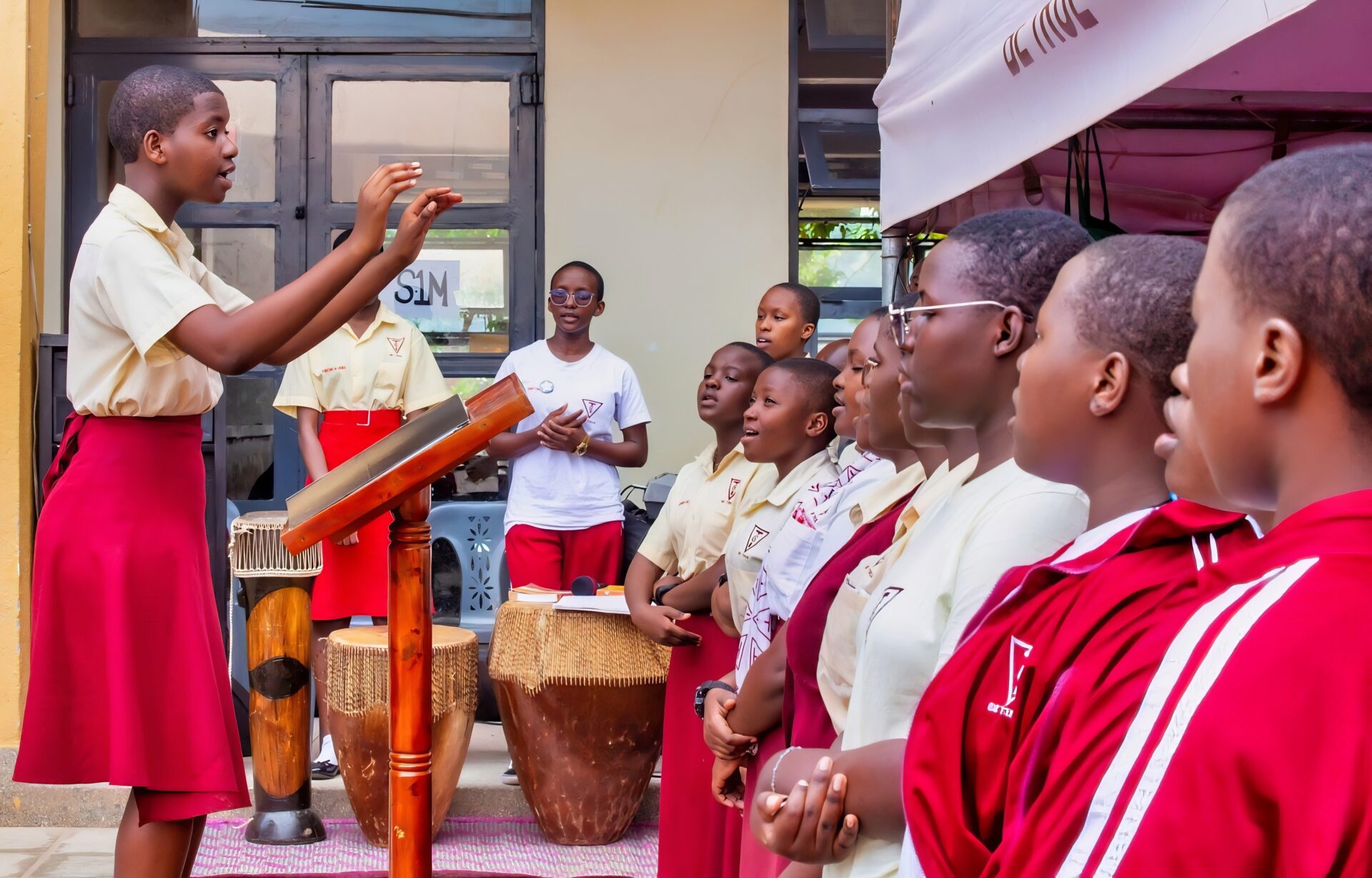
Moreover, the integration of indigenous customs into Christian practices reflects the adaptability of Christianity in Africa. For example, drumming and dancing, which have long been part of Ugandan cultural heritage, now serve as vehicles for expressing spiritual joy. Rather than diluting the gospel message, these elements make it more accessible and relatable to local communities.
A Timeless Tradition with Modern Relevance
In conclusion, Easter in Uganda stands as a testament to the enduring power of faith and tradition. It is a time when the nation pauses to reflect on the ultimate sacrifice of Christ while rejoicing in the promise of eternal life. Despite challenges posed by modernisation and commercialisation, the essence of Easter endures, reminding Ugandans of the values that bind them together: humility, service, forgiveness, and love.
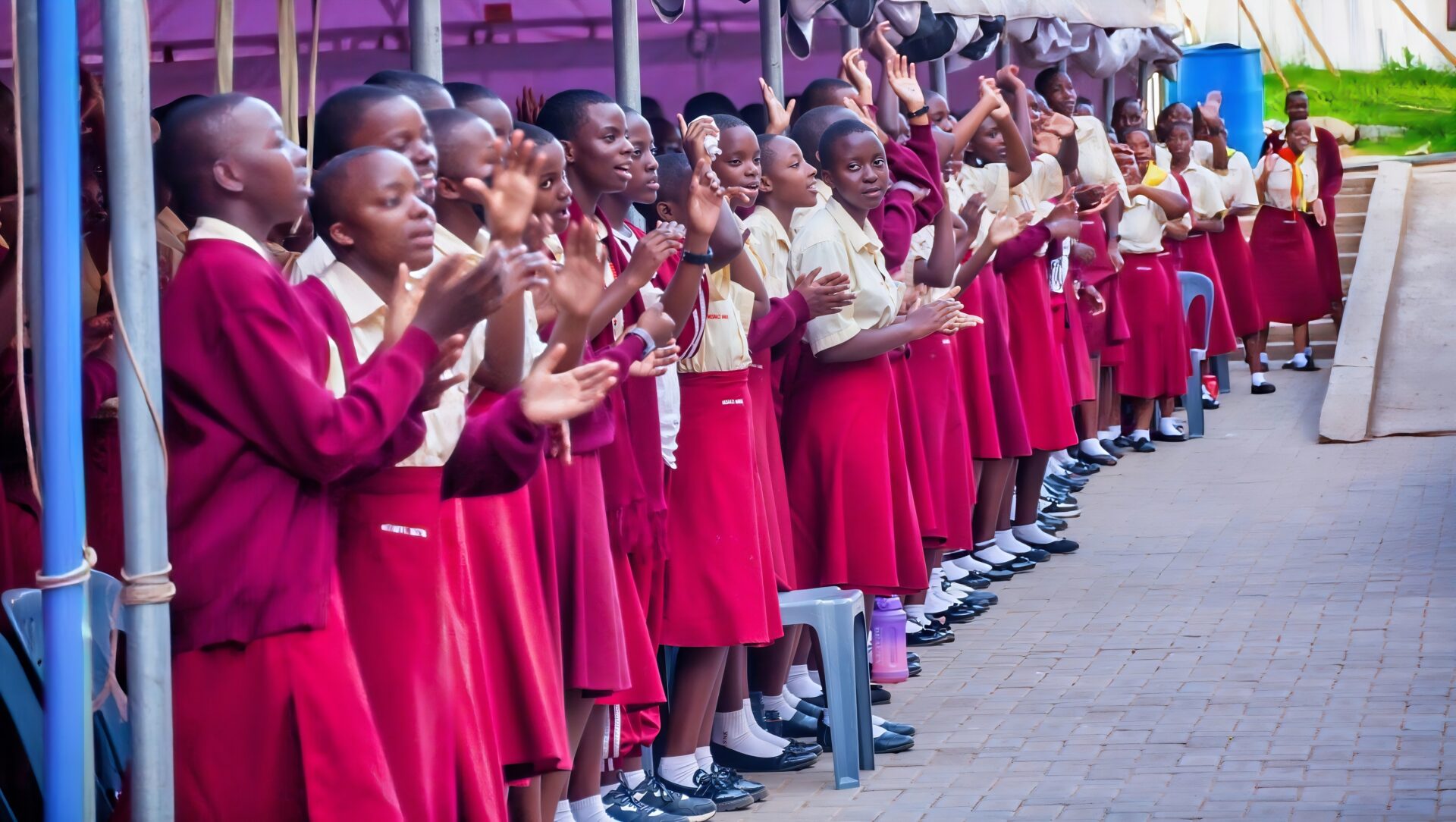
As the sun sets on another Easter weekend, leaving behind memories of hymns sung, meals shared, and hearts uplifted, one thing becomes clear: the celebration of Easter in Uganda transcends mere ritual—it is a living expression of faith that continues to inspire and unite generations.
2. Family Gatherings and Communal Harmony: The Heart of Easter in Uganda
In Uganda, Easter is not just a religious observance—it is a celebration deeply rooted in family and community. The holiday serves as an annual reminder of the importance of togetherness, reconciliation, and shared joy. After morning church services, homes across the country transform into vibrant hubs of activity, where laughter mingles with the tantalising aromas of traditional dishes wafting from kitchens. These gatherings are more than mere social events; they are rituals that reinforce familial bonds and communal harmony, reflecting the very essence of Ugandan culture.
The Feast: A Culinary Celebration of Faith and Tradition
At the centre of any Ugandan Easter gathering lies the feast—a grand spread of traditional dishes prepared with love and care. Each dish carries symbolic meaning, connecting the meal to broader themes of faith, gratitude, and prosperity. Among the most cherished staples of the Easter table are:
- Matoke (steamed green bananas): Often regarded as Uganda’s national dish, matoke symbolises sustenance and abundance. Its preparation reflects resilience, as the starchy bananas thrive in the fertile soils of the region, much like the enduring spirit of Ugandan families.
- Luwombo: This rich stew, typically made with chicken, beef, or groundnuts, is wrapped in banana leaves and slow-cooked to perfection. The labour-intensive process underscores the value of patience and dedication, making it a dish synonymous with care and generosity.
- Muchomo (roasted goat meat): A favourite at festive occasions, muchomo represents celebration and indulgence. Roasting the meat over an open flame is often a communal activity, bringing people together around the fire to share stories and laughter.
- Chapati: This flatbread, introduced during colonial times but now fully embraced as part of Ugandan cuisine, adds a touch of indulgence to the meal. Its soft texture and buttery flavour make it a comforting accompaniment to hearty stews.
Beyond their culinary appeal, these dishes embody the spirit of sharing and gratitude that defines Easter in Uganda. Meals are served generously, with portions large enough to ensure no one goes hungry. Sharing food is seen not merely as nourishment but as an act of love and hospitality—a reflection of the Christian values celebrated during this season.
Reconciliation and Renewal: Elders as Pillars of Unity
Family gatherings during Easter provide more than an opportunity to enjoy delicious meals; they also serve as moments of healing and renewal. In many Ugandan households, elders play a pivotal role in fostering reconciliation among family members. Conflicts, whether recent or long-standing, are addressed openly during this time, guided by the wisdom and authority of older generations.
Elders often initiate conversations about forgiveness, urging younger family members to let go of grievances and embrace unity. This practice aligns closely with the biblical message of Easter, which emphasises Christ’s ultimate sacrifice and the call for believers to extend grace and mercy to others. By resolving disputes and strengthening familial ties, Ugandans reaffirm their commitment to living out the principles of love and compassion central to their faith.
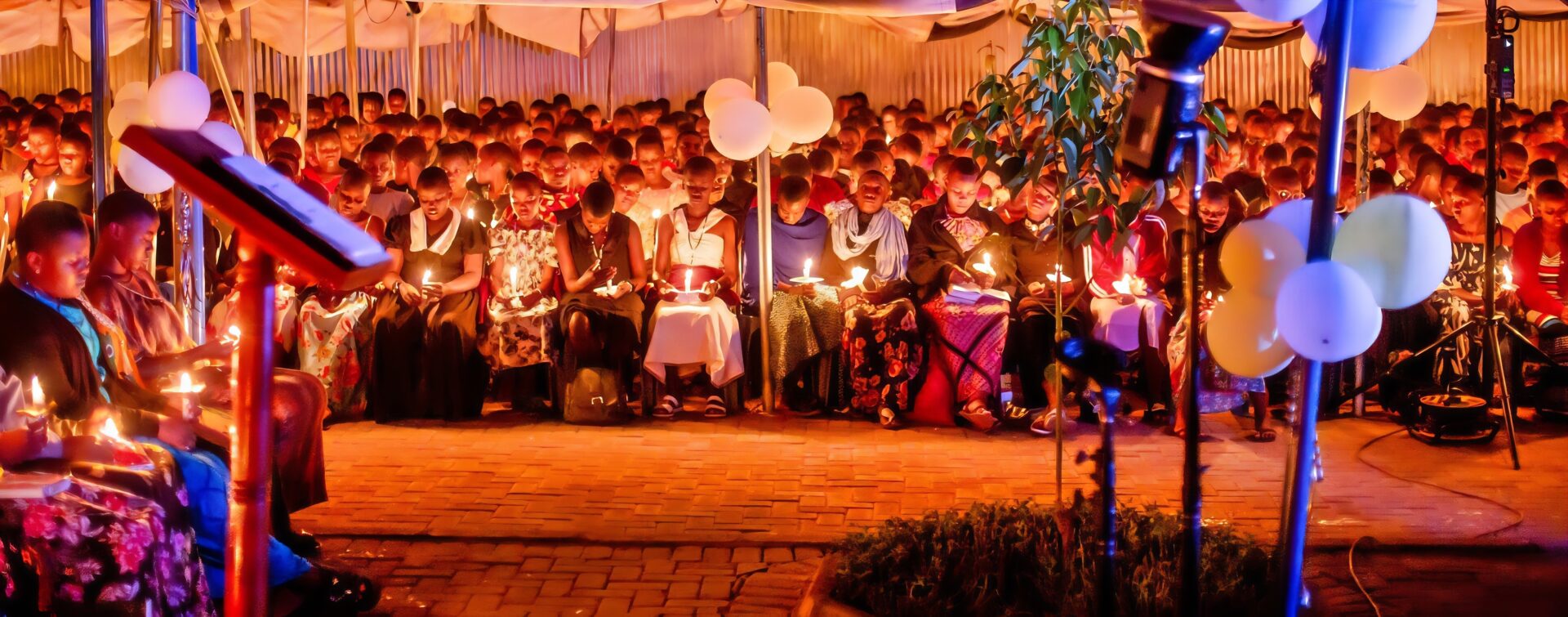
This emphasis on reconciliation extends beyond immediate families to encompass extended kinship networks and neighbours. In rural areas, entire villages may come together for communal feasts, reinforcing the interconnectedness of communities. Such gatherings highlight the African philosophy of Ubuntu , which translates roughly to “I am because we are.” This worldview underscores the belief that individual well-being is intrinsically linked to the health of the community—a principle that resonates deeply during Easter celebrations.
Music, Dance, and Storytelling: Building Bridges Across Generations
While food and conversation form the backbone of family gatherings, music and dance add vibrancy and energy to the festivities. Traditional instruments such as drums, adungu (a stringed harp-like instrument), and endingidi (a one-stringed fiddle) create lively rhythms that invite everyone to join in song and movement. Songs performed during these gatherings often blend Christian hymns with indigenous melodies, creating a unique fusion that speaks to both spiritual devotion and cultural pride.
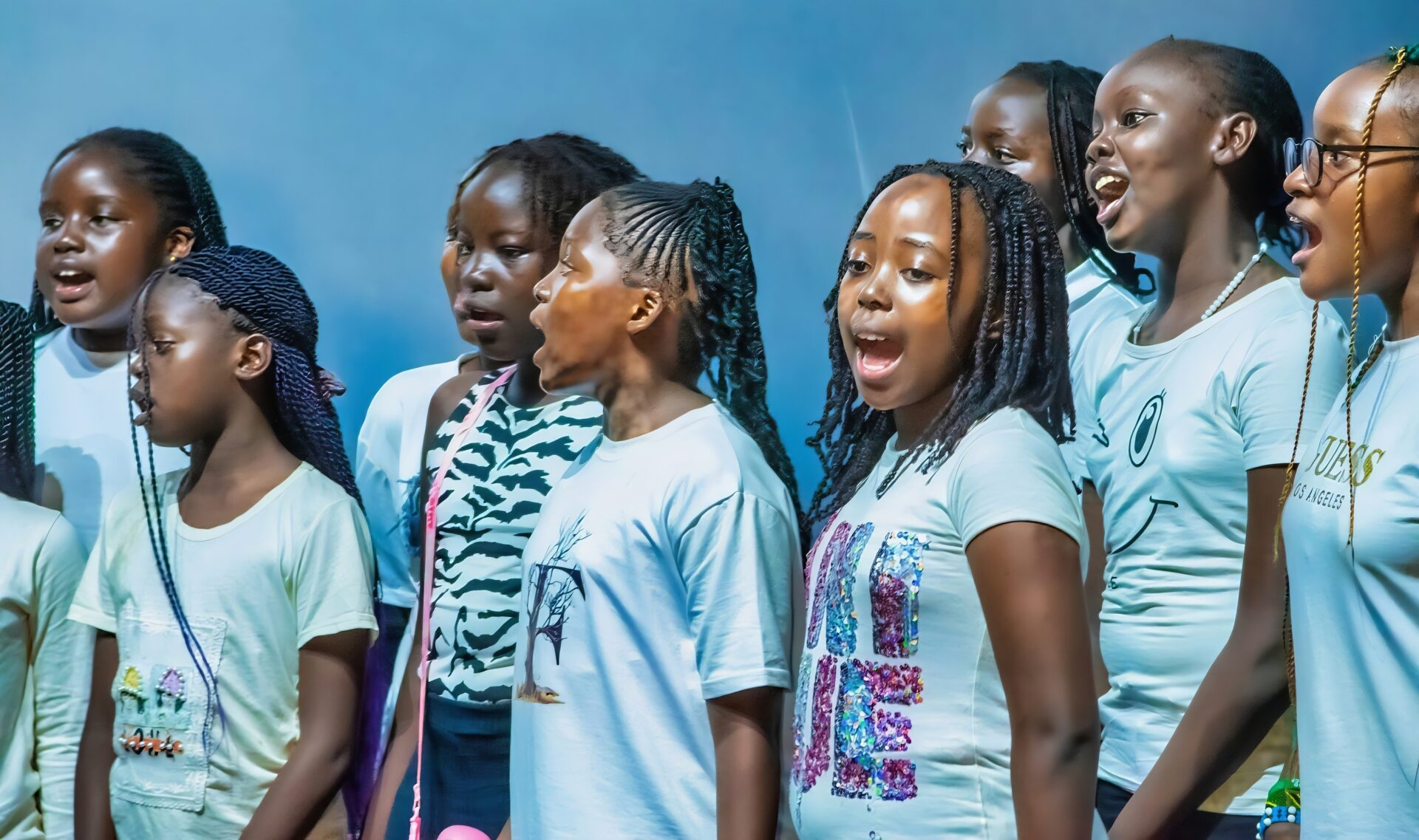
Storytelling is another cherished tradition during Easter, particularly among elders who recount parables, folktales, and personal anecdotes to younger generations. These narratives often carry moral lessons, encouraging listeners to reflect on their actions and strive for virtue. For example, tales of forgiveness or perseverance align with the Easter theme of redemption, offering practical insights into how these values can be applied in everyday life.
Urban vs. Rural Dynamics: Adapting Traditions Without Losing Essence
The nature of Easter family gatherings varies between urban and rural settings in Uganda. In bustling cities like Kampala, families may host smaller, more intimate gatherings due to space constraints and busy schedules. However, even in urban environments, efforts are made to preserve traditions, such as preparing traditional dishes or inviting close friends to join the celebration.
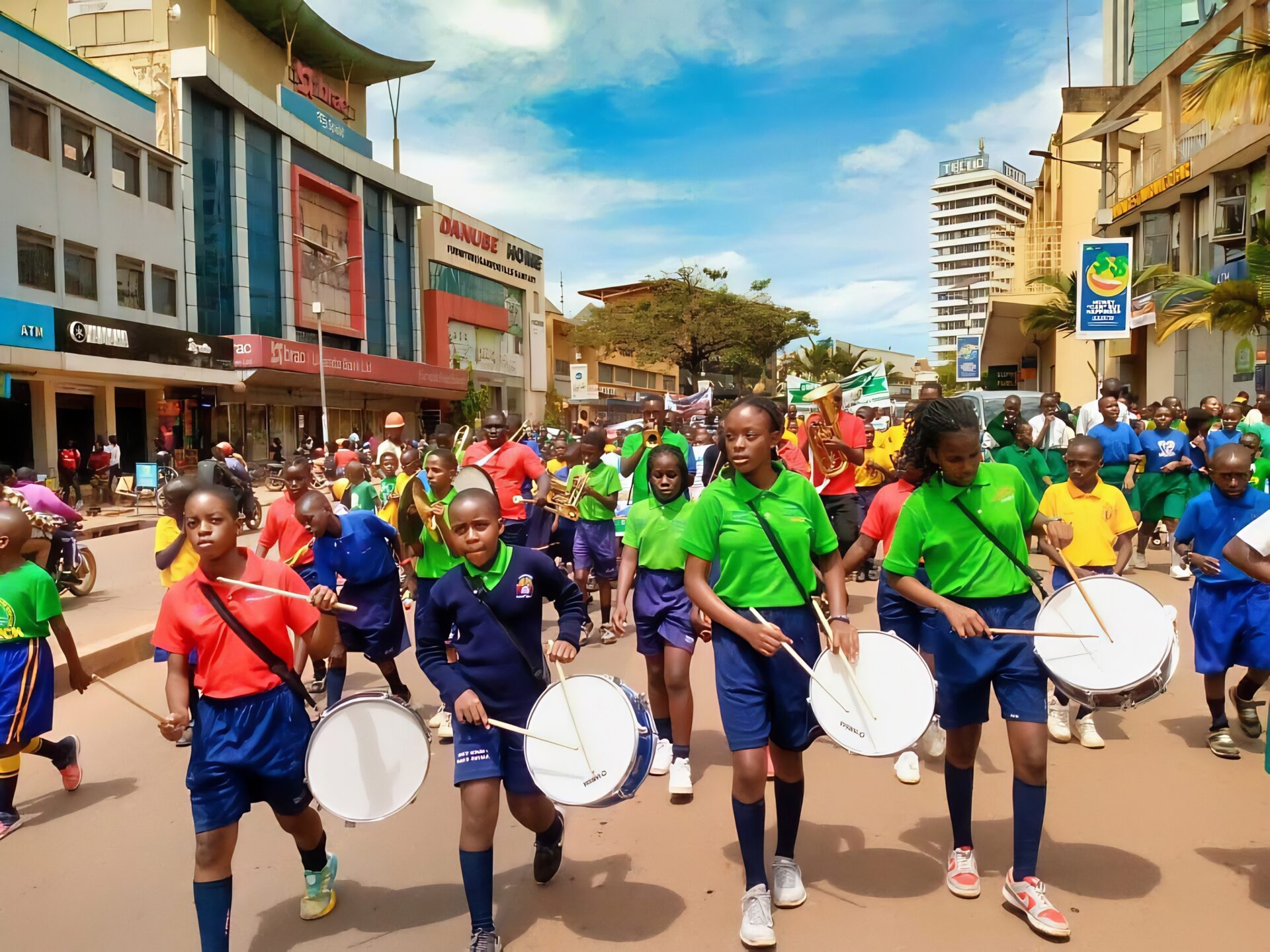
By contrast, rural communities tend to hold larger, more elaborate gatherings that involve entire villages. Here, Easter becomes a collective experience, with neighbours pooling resources to prepare communal meals and organise group activities. Drumming circles, dancing competitions, and outdoor games are common features of these celebrations, adding a sense of festivity and camaraderie.
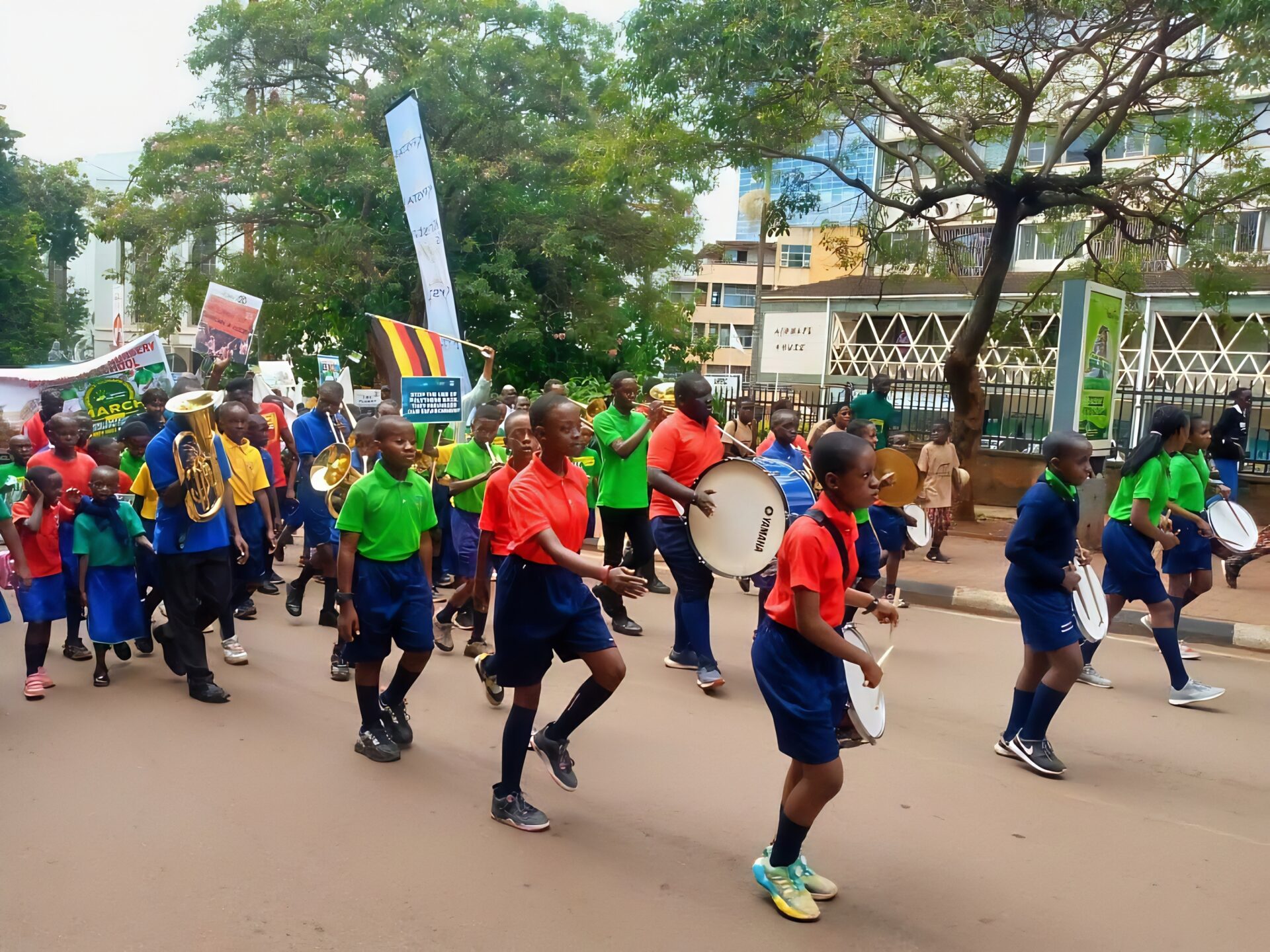
Despite these differences, the underlying purpose remains consistent: to strengthen relationships and foster a sense of belonging. Whether in a high-rise apartment in Kampala or a mud-brick home in the countryside, the focus is always on unity and connection.
A Cornerstone of Social Cohesion
Easter in Uganda exemplifies how faith and culture intersect to promote social cohesion. The holiday provides a structured yet flexible framework for families and communities to come together, celebrate their shared heritage, and address challenges such as conflict or division. By prioritising forgiveness, generosity, and mutual support, Ugandans demonstrate that Easter is not just a time for reflection but also a catalyst for positive change.
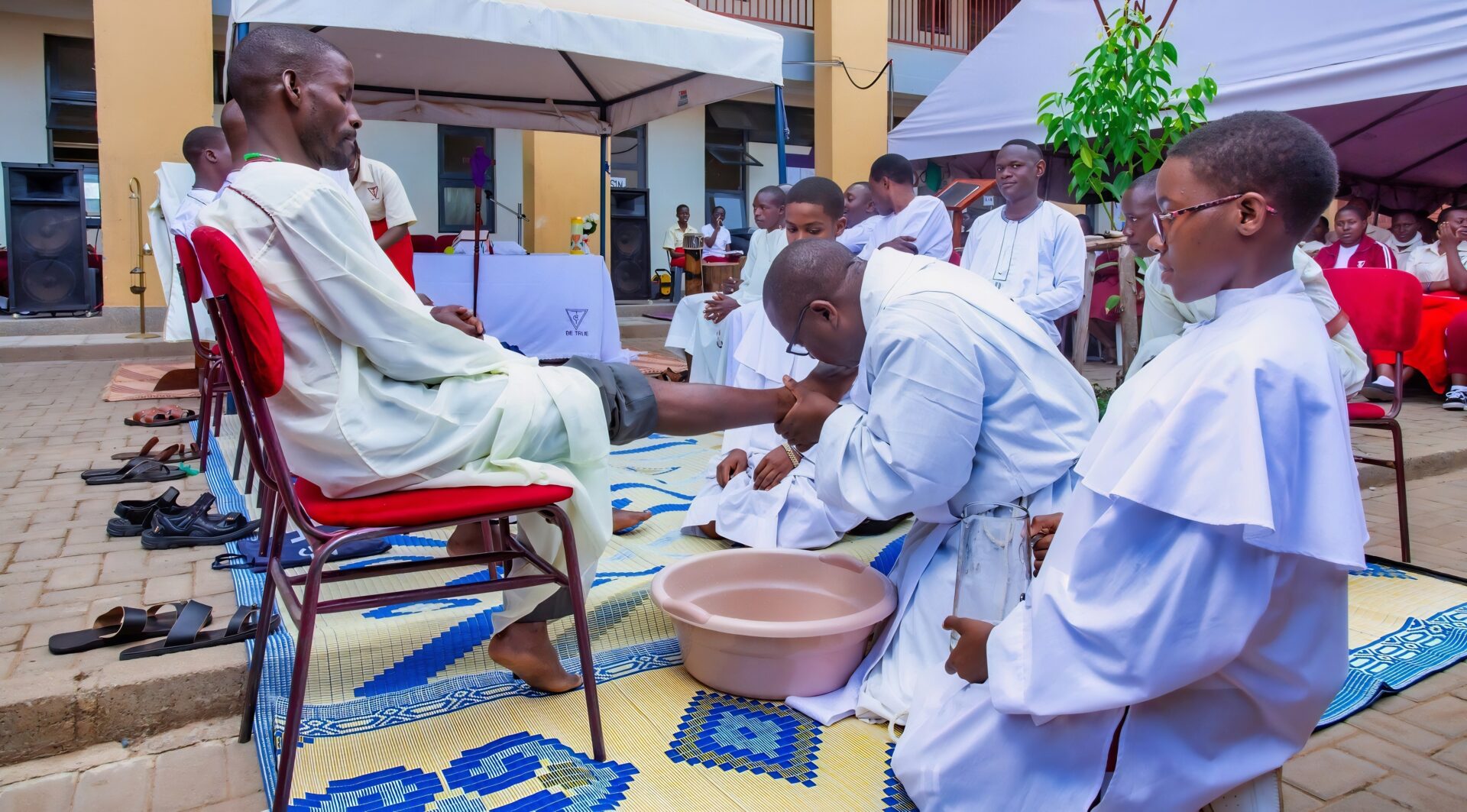
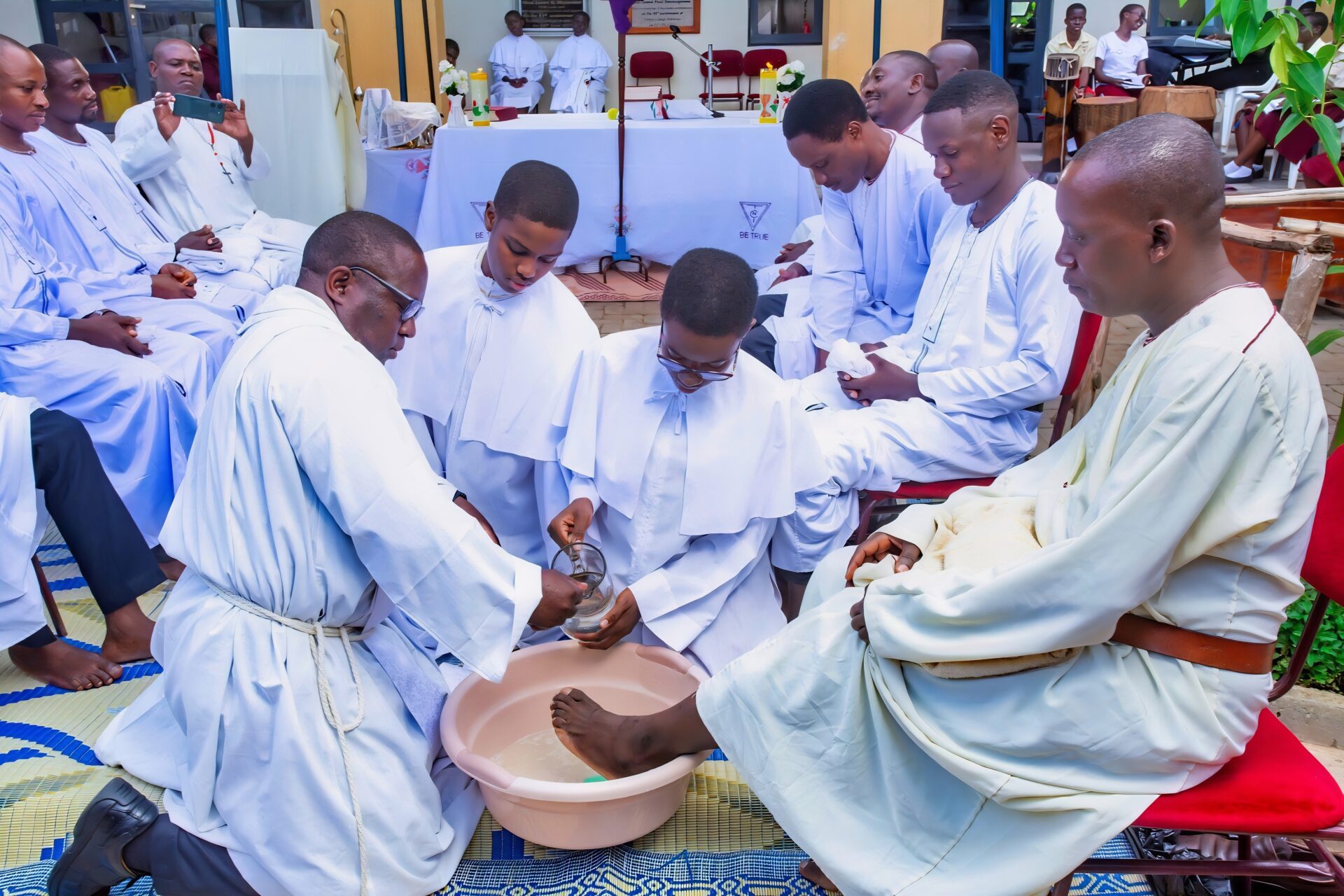
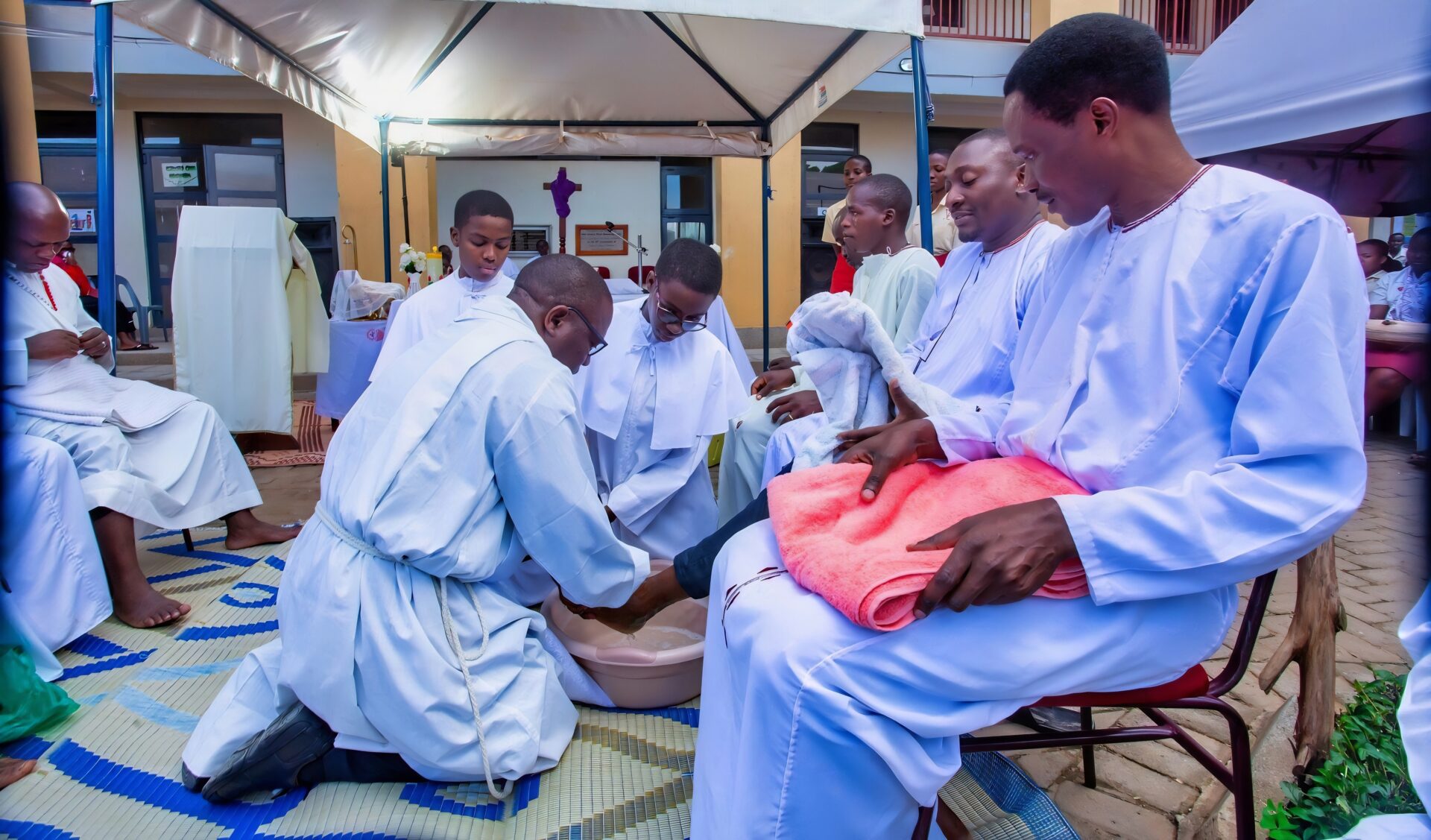
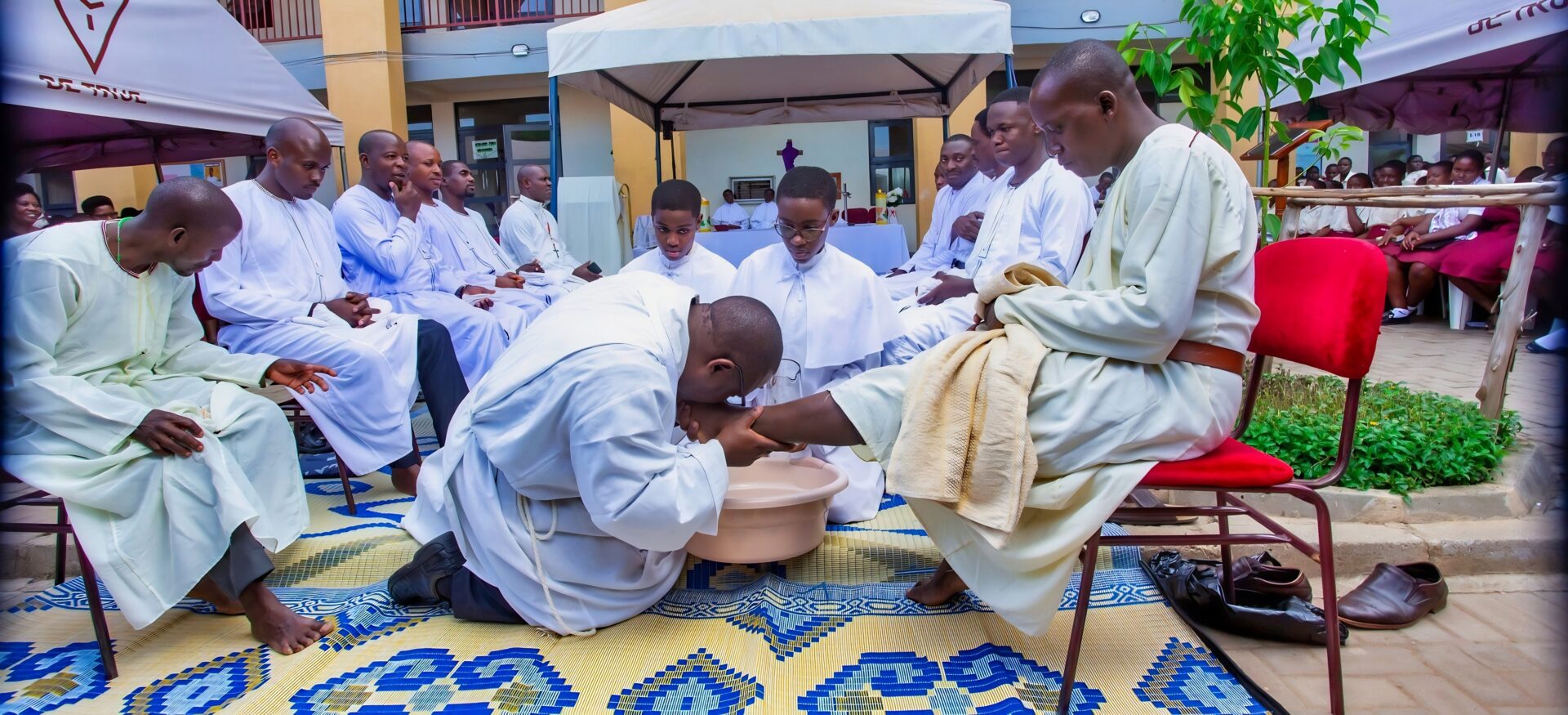
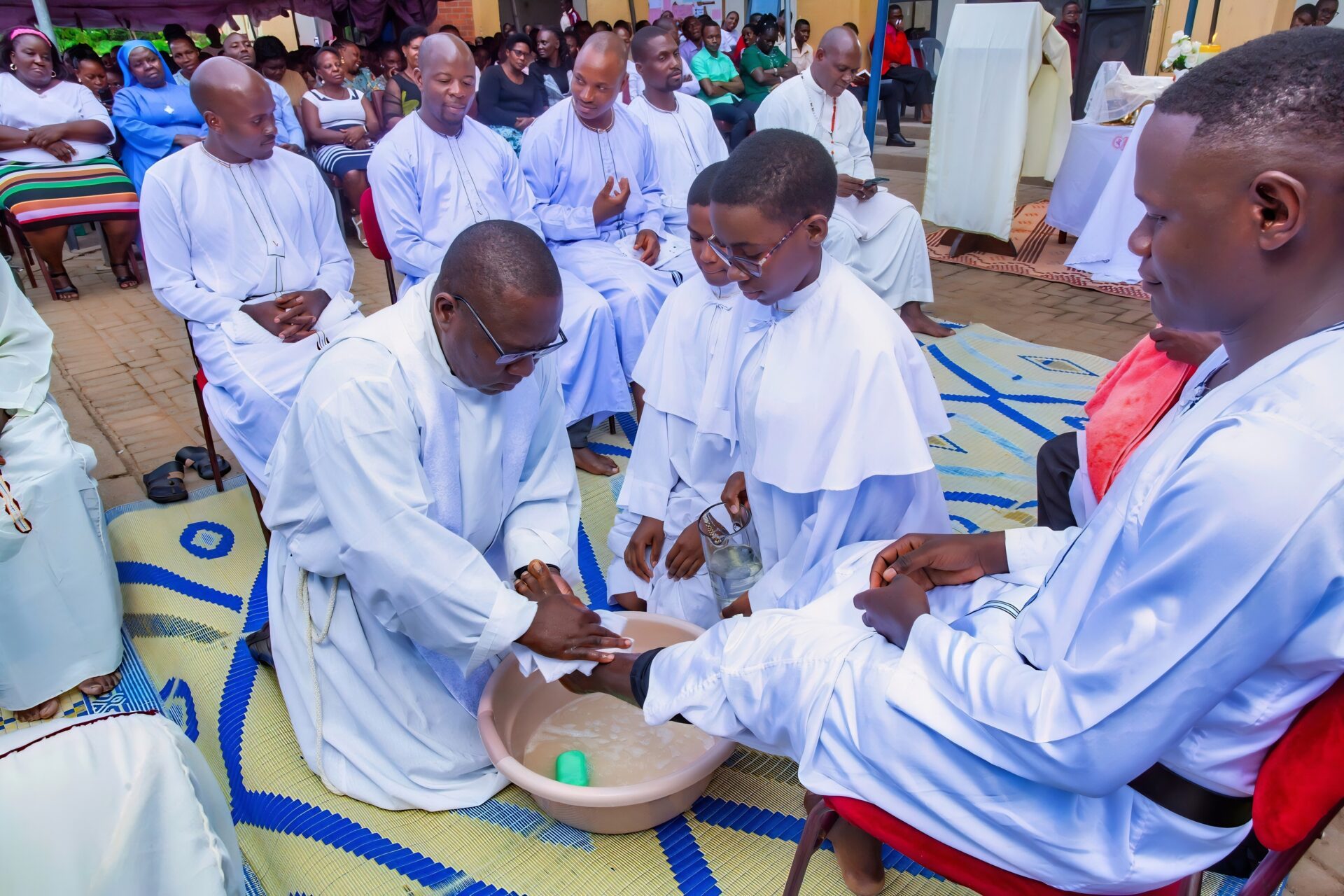
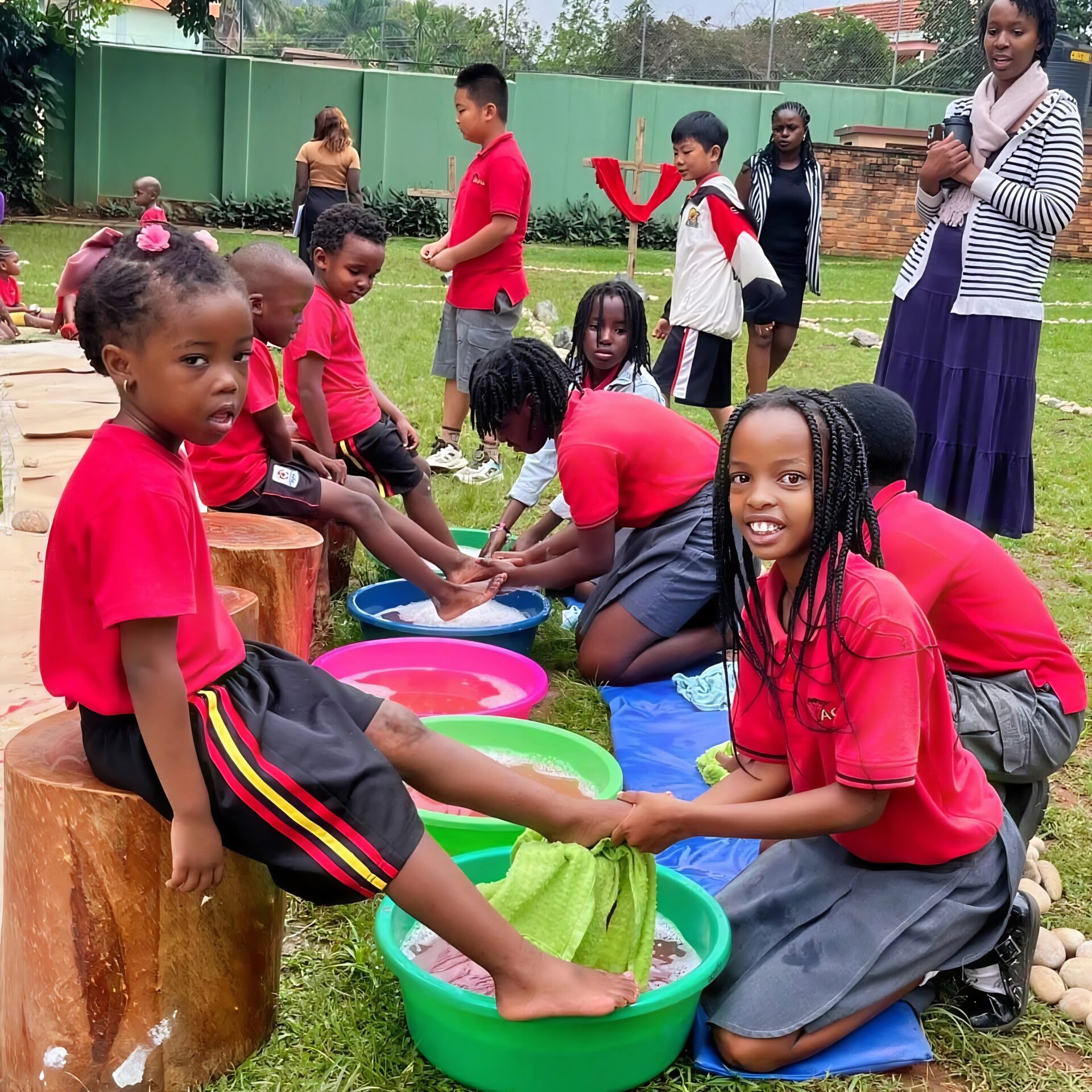

In an increasingly globalised world, where modern pressures threaten to erode traditional practices, the enduring significance of Easter in Uganda serves as a powerful reminder of the strength found in unity. It is through these gatherings—filled with laughter, prayer, and the aroma of matoke and luwombo—that Ugandans continue to uphold the timeless values of faith, family, and community.
More Than Just a Meal
Ultimately, family gatherings during Easter in Uganda transcend the act of eating; they are profound expressions of identity, faith, and togetherness. They remind us that true celebration lies not in material abundance but in the intangible bonds we nurture with those around us. As Ugandans gather year after year to break bread, resolve conflicts, and rejoice in each other’s company, they affirm the enduring power of community—a lesson that resonates far beyond the borders of Africa.
3. Cultural Expressions Through Music and Dance: A Vibrant Tapestry of Faith and Tradition
In Uganda, music and dance are not merely forms of entertainment—they are profound expressions of identity, spirituality, and communal joy. During Easter, these artistic traditions take centre stage, infusing the celebrations with energy, emotion, and a deep sense of cultural pride. From rural villages to urban neighbourhoods, Ugandans use music and dance to connect with their faith, tell stories, and celebrate the resurrection of Jesus Christ in ways that resonate uniquely within their African context.
The Rhythm of Worship: Drumming Circles and Energetic Dances
Easter in Uganda is marked by an unmistakable pulse—the rhythmic beats of drums echoing through the air. In rural areas, drumming circles form the heartbeat of many celebrations. Drums, known locally as engoma , are central to Ugandan music and serve as a bridge between the sacred and the secular. Their thunderous tones accompany hymns sung in local languages such as Luganda, Runyankole, or Acholi, creating a soundscape that feels both reverent and celebratory.
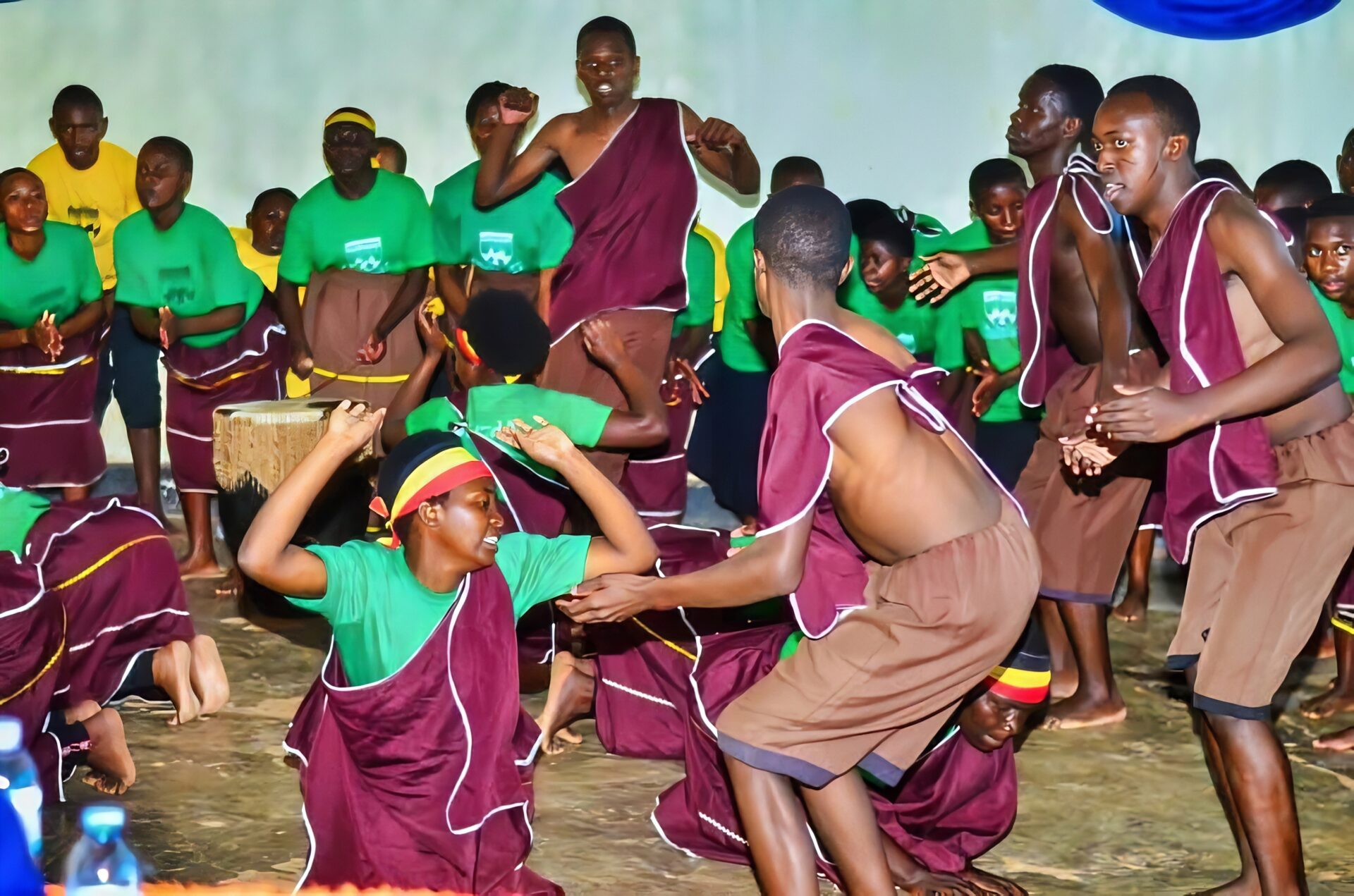
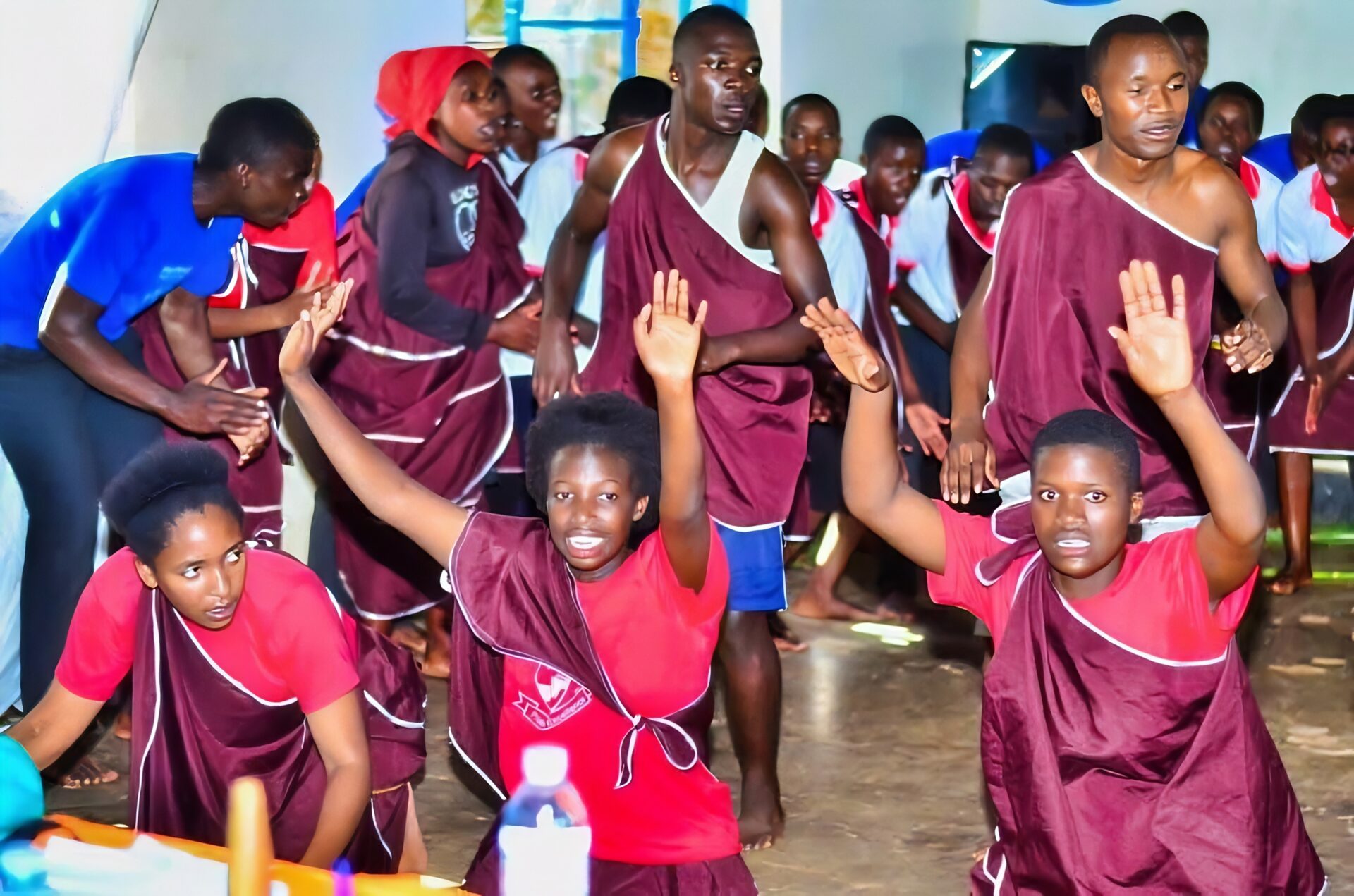
Dance, too, plays a vital role in these festivities. Traditional dances like the Ekizino among the Bakiga people or the Bwola of the Acholi are often performed during Easter gatherings. These dances, characterised by energetic movements and vibrant costumes, convey themes of gratitude, triumph, and spiritual renewal. Participants move in unison, their bodies swaying and feet stomping in time with the music, embodying the collective joy of the resurrection.
Even in church settings, where solemnity might typically prevail, congregants may break into spontaneous dance during moments of heightened praise. This blending of liturgy and cultural expression underscores the dynamic nature of Ugandan Christianity, which thrives on inclusivity and adaptability.
Storytelling Through Song and Drama
Beyond instrumental music and dance, vocal performances and dramatic reenactments bring biblical narratives to life during Easter. Hymns composed in local languages carry immense emotional weight, as they allow worshippers to engage with scripture in familiar linguistic and cultural terms. For instance, songs recounting the crucifixion and resurrection are often infused with metaphors drawn from Ugandan life—such as comparing Christ’s sacrifice to the selflessness of a farmer tending his crops or a mother caring for her children.
Dramatic performances further enrich the storytelling aspect of Easter celebrations. In many churches and communities, actors portray key scenes from the Passion of Christ, including the Last Supper, the crucifixion, and the empty tomb. These reenactments are staged with meticulous attention to detail, using handmade props and costumes inspired by traditional Ugandan attire. Such productions captivate audiences, making the gospel message tangible and relatable.
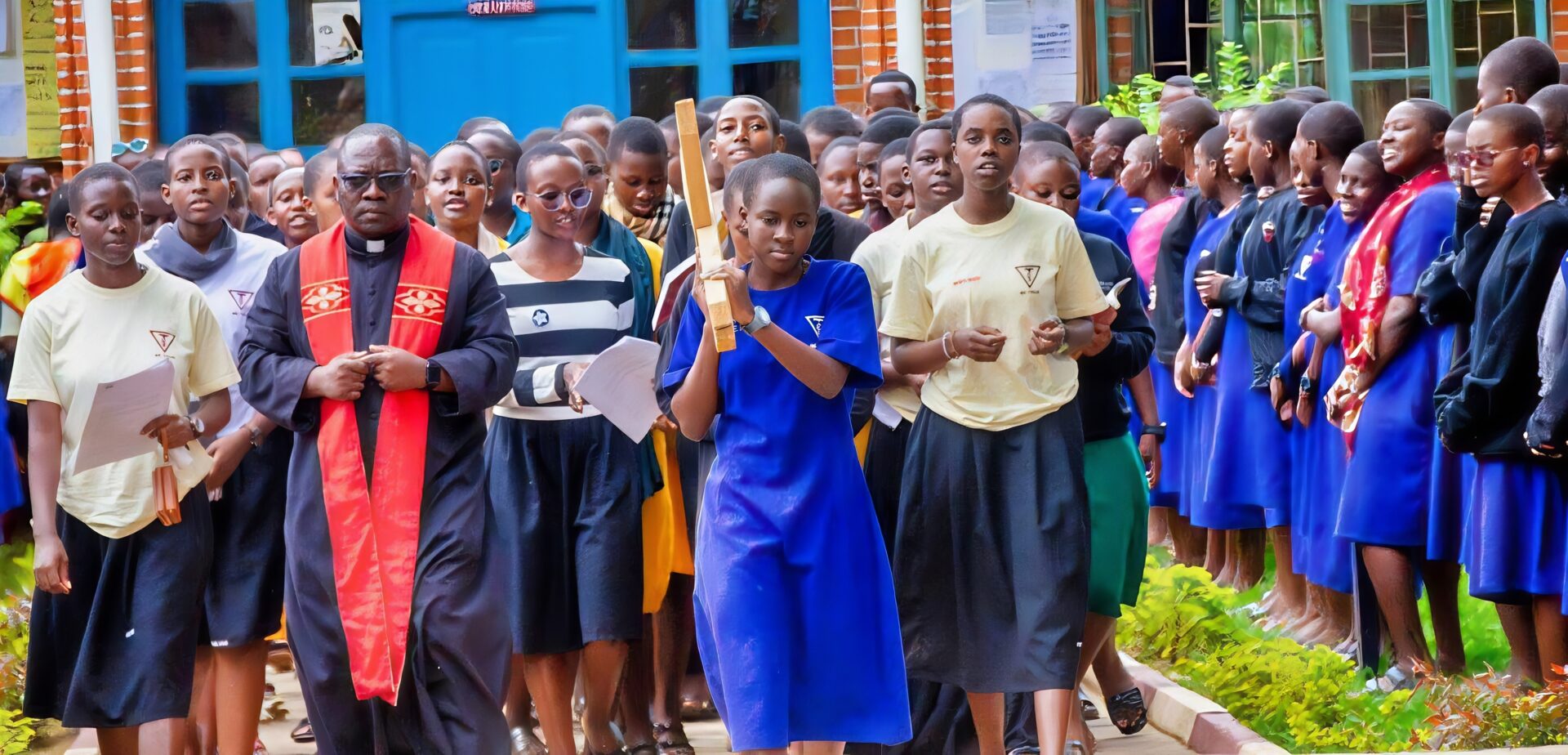
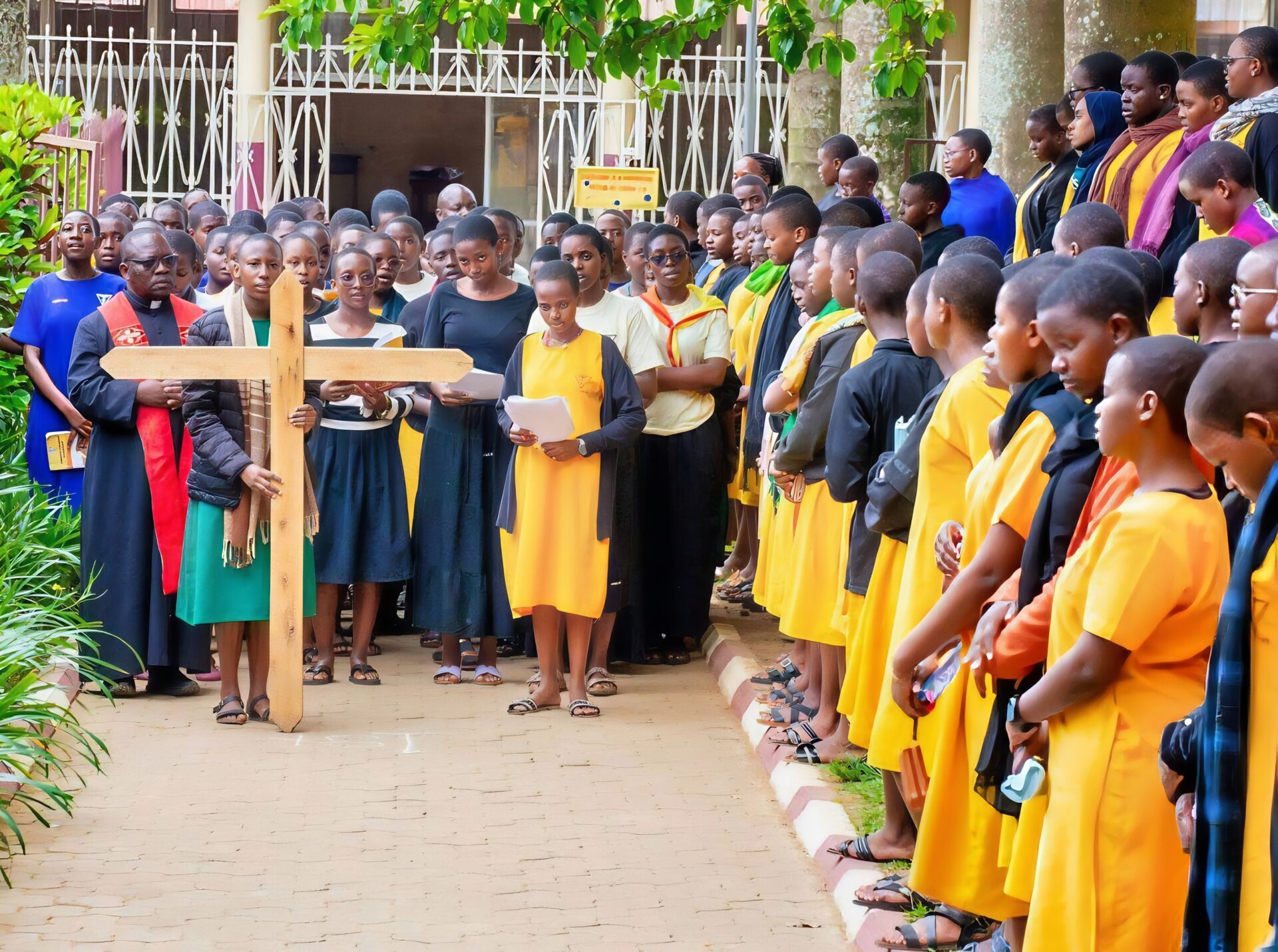

For example, in western Uganda, performers might depict Jesus carrying the cross while clad in backcloth—a fabric historically significant to the region. Similarly, in northern Uganda, dancers may incorporate elements of the Otole war dance to symbolise the struggle between good and evil. These creative interpretations demonstrate how Ugandans weave their cultural heritage into acts of worship, ensuring that the Easter story remains relevant and impactful.
A Fusion of Faith and Culture: Debates and Perspectives
While the integration of traditional music and dance into Easter celebrations is widely embraced, it has not been without controversy. Some purists argue that incorporating indigenous elements risks diluting the “purity” of Christian rituals. They contend that practices rooted in pre-Christian traditions could detract from the solemnity of Easter and blur the distinction between cultural customs and religious doctrine.
However, proponents of this fusion view it as a strength rather than a compromise. They argue that adapting religious practices to align with local culture makes the gospel more accessible and meaningful to ordinary Ugandans. After all, Christianity itself has always evolved as it spreads across continents, adopting new forms of expression while retaining its core teachings. By embracing drumming, dancing, and storytelling, Ugandan Christians honour their ancestors’ traditions while affirming their faith in Christ—a testament to the universality of the gospel message.
This perspective is particularly resonant in Africa, where oral traditions and communal participation have long been central to cultural and spiritual life. The incorporation of music and dance into Easter celebrations reflects the adaptability of Christianity, allowing it to flourish in diverse contexts while remaining true to its essence.
Urban Adaptations: Preserving Tradition Amidst Modernity
In urban centres like Kampala, the role of music and dance during Easter takes on a slightly different character. While traditional instruments and dances may be less prominent due to space constraints and lifestyle changes, contemporary adaptations ensure that cultural expressions remain integral to the festivities. Churches often feature choirs performing gospel songs infused with African rhythms, accompanied by keyboards, guitars, and percussion instruments.
Youth groups and drama ministries also play a significant role in urban Easter celebrations. Through skits, poetry recitals, and modern choreography, young people creatively interpret biblical themes, appealing to younger generations who might otherwise feel disconnected from traditional practices. These performances often blend global influences—such as hip-hop or reggae—with distinctly Ugandan styles, showcasing the versatility of cultural expression in a rapidly changing society.
Moreover, digital platforms have opened new avenues for sharing Easter-themed music and dance. Social media apps like WhatsApp and YouTube enable Ugandans to broadcast performances, reaching diaspora communities and fostering a sense of unity despite geographical distances. This technological innovation ensures that even those far from home can participate in the cultural richness of Ugandan Easter celebrations.
Community Building Through Shared Artistry
At its core, the inclusion of music and dance in Ugandan Easter festivities serves a broader purpose: community building. Whether in a village square or a city church hall, these artistic expressions foster a sense of belonging and shared purpose. Participants—regardless of age, gender, or social status—are invited to contribute their talents, whether through singing, playing an instrument, or simply clapping along.
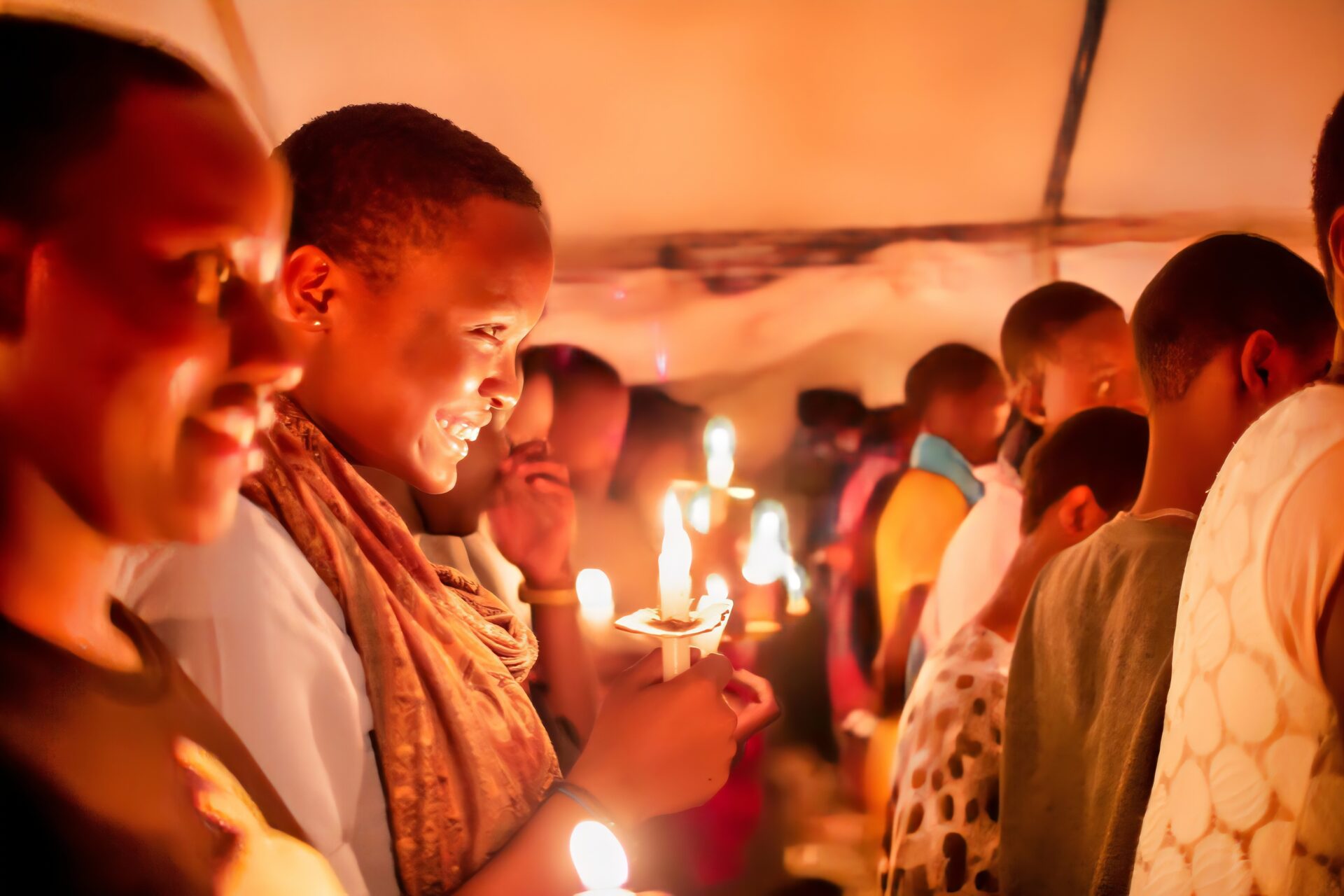
This emphasis on collective participation mirrors the African philosophy of Ubuntu, which values interconnectedness and mutual support. By coming together to create art that honours both their faith and their heritage, Ugandans reinforce the bonds that hold their communities together. It is no coincidence that many Easter performances conclude with calls for peace, unity, and reconciliation—values that lie at the heart of both Christianity and Ugandan culture.
Celebrating Resurrection Through Cultural Lens
Music and dance during Easter in Uganda exemplify the harmonious coexistence of faith and tradition. Far from being distractions, these cultural expressions enhance the spiritual significance of the holiday, making it more accessible and engaging for believers. Through drumbeats, melodies, and movements, Ugandans proclaim the victory of life over death, echoing the universal message of hope and renewal embodied in the resurrection of Jesus Christ.
As the sun sets on another Easter weekend, the echoes of drums and the laughter of dancers linger in the air, reminding us that faith is not a static concept but a living, breathing reality. In Uganda, the celebration of Easter through music and dance stands as a powerful testament to the resilience of culture and the transformative power of faith—a lesson that resonates deeply in Africa and beyond.
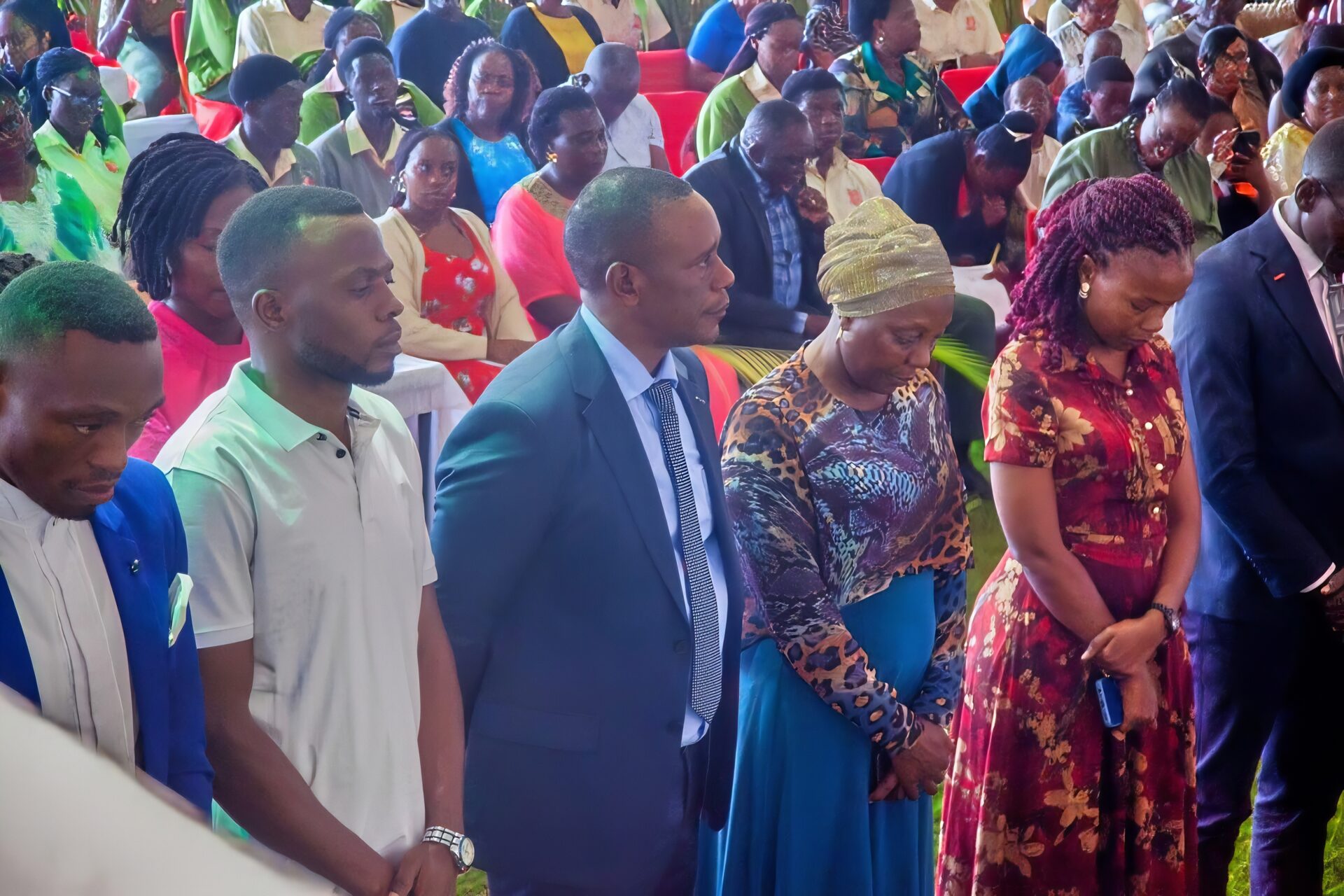
4. Acts of Charity and Social Responsibility: Living Out the Easter Message in Uganda
In Uganda, Easter is not only a time for spiritual reflection and celebration but also an opportunity to put faith into action through acts of charity and social responsibility. Rooted in the biblical commandment to “love thy neighbour,” these initiatives exemplify the transformative power of compassion and community spirit. Across the country, churches, community organisations, and individuals come together to uplift the vulnerable, ensuring that the message of Christ’s resurrection extends beyond words to tangible deeds.
Charitable Initiatives: Bringing Hope to the Marginalised
During the Easter season, Ugandan communities witness a surge in charitable activities aimed at addressing pressing social needs. Churches often take the lead in organising outreach programmes, mobilising resources, and rallying volunteers to assist those less fortunate. Common initiatives include:
- Food Distribution: Food packages containing staples such as maize flour, beans, rice, and cooking oil are distributed to widows, single mothers, and low-income families. In rural areas, where subsistence farming is prevalent yet prone to droughts or pests, these provisions can be life-saving.
- Visits to Orphanages and Vulnerable Children: Many church groups and NGOs organise visits to orphanages, bringing gifts, educational supplies, and clothing for children. These interactions provide emotional support and remind young ones that they are valued members of society.
- Free Medical Camps: In underserved regions, free medical camps offering consultations, medications, and basic treatments are set up during Easter. These camps address critical healthcare gaps, particularly in rural areas where access to medical facilities is limited.
- Community Clean-Up Drives: Some communities initiate environmental clean-up projects, turning the act of service into a practical demonstration of care for both people and the planet. Such efforts foster a sense of collective responsibility and pride in shared spaces.
These acts of kindness reflect the core tenets of Christianity—compassion, humility, and selflessness—while simultaneously addressing real-world challenges faced by many Ugandans.
Faith in Action: Bridging Gaps Through Empathy
The emphasis on charity during Easter underscores the belief that faith must manifest in tangible ways to effect positive change. For many Ugandans, participating in charitable activities is not merely about fulfilling a religious obligation; it is a profound expression of gratitude for the blessings they have received. By extending a helping hand to others, they embody the sacrificial love demonstrated by Jesus Christ.
For example, in northern Uganda—a region still recovering from the scars of conflict—Easter charity drives often focus on rebuilding lives. Donations of seeds, tools, and livestock empower displaced families to regain economic stability. Similarly, in urban slums like Katwe in Kampala, food banks and skill-training workshops equip residents with the means to improve their livelihoods.
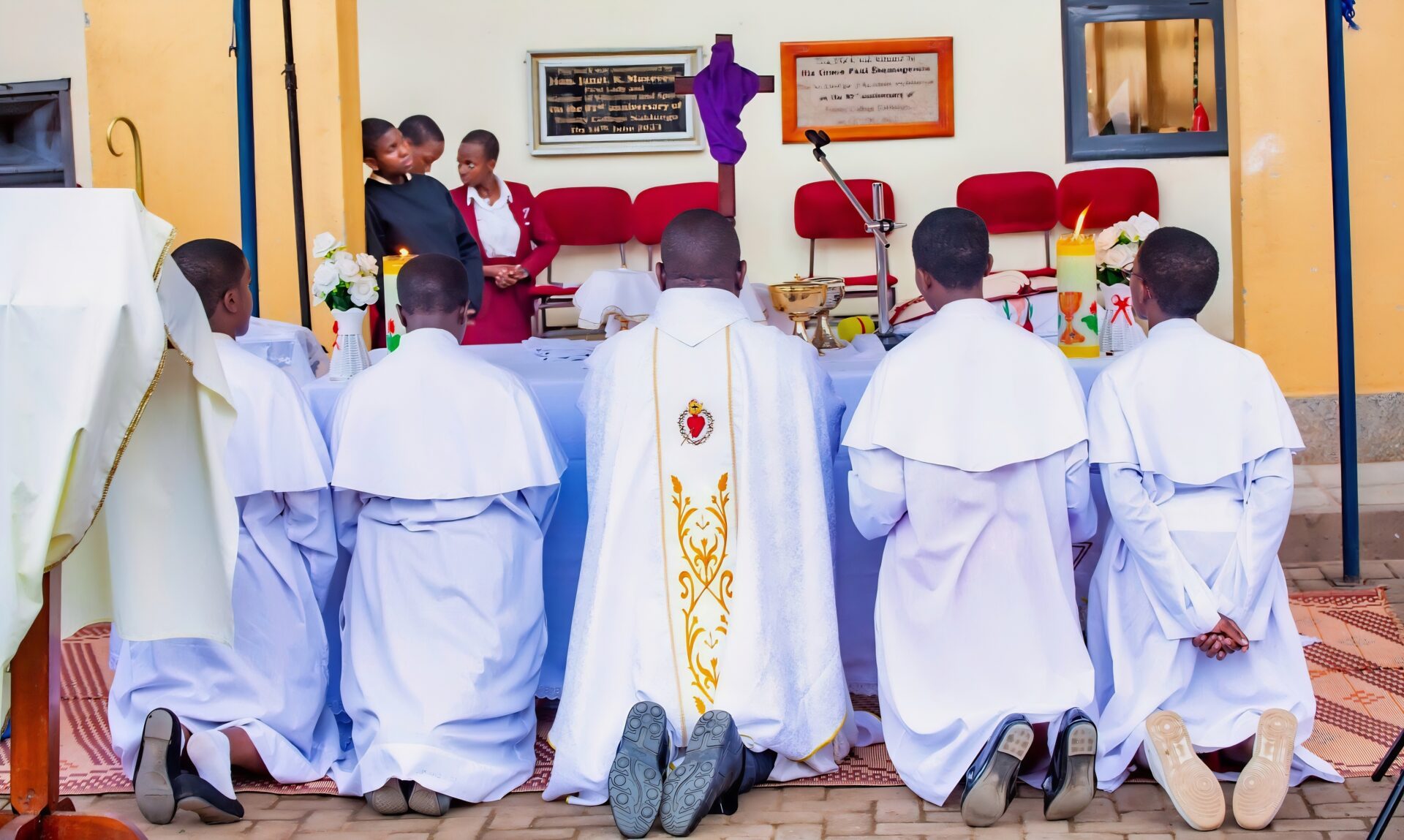
These initiatives highlight how faith-inspired actions can address systemic issues such as poverty, inequality, and lack of access to essential services. They also serve as reminders of the interconnectedness of humanity, reinforcing the African philosophy of Ubuntu : “I am because we are.”
Criticism and Counterarguments: Beyond Seasonal Gestures
Despite the widespread goodwill generated by Easter charity efforts, critics raise valid concerns about their sustainability. They argue that while these initiatives provide immediate relief, they often fail to tackle the root causes of societal problems. For instance, distributing food packages may alleviate hunger temporarily, but without addressing underlying issues such as unemployment or agricultural inefficiencies, the cycle of poverty persists.
Additionally, some question whether the focus on charity during Easter creates a culture of dependency, where recipients become reliant on annual handouts rather than seeking long-term solutions. There is also the risk that once the holiday season ends, enthusiasm for social responsibility wanes, leaving vulnerable populations without ongoing support.
Proponents, however, counter that even short-term interventions can catalyse lasting impact. By raising awareness about specific issues and fostering empathy within communities, Easter charity drives lay the groundwork for sustained engagement. For example, a family that receives medical care during a free health camp may be inspired to prioritise preventive measures moving forward. Likewise, volunteers who participate in Easter outreach programmes often carry the lessons learned into their daily lives, continuing to advocate for social justice throughout the year.
Urban vs. Rural Dynamics: Tailoring Approaches to Context
The nature of charitable efforts varies significantly between urban and rural settings in Uganda. In cities, where infrastructure and resources are more readily available, initiatives tend to focus on structured programmes such as mentorship schemes, entrepreneurship training, and advocacy campaigns. Urban churches may partner with local businesses to amplify their impact, leveraging corporate sponsorships to fund larger-scale projects.
In contrast, rural areas often rely on grassroots approaches, with community members pooling resources to meet immediate needs. For instance, villagers might collectively contribute labour and materials to repair a damaged school building or dig a well. These collaborative efforts strengthen communal bonds and instil a sense of ownership over development outcomes.
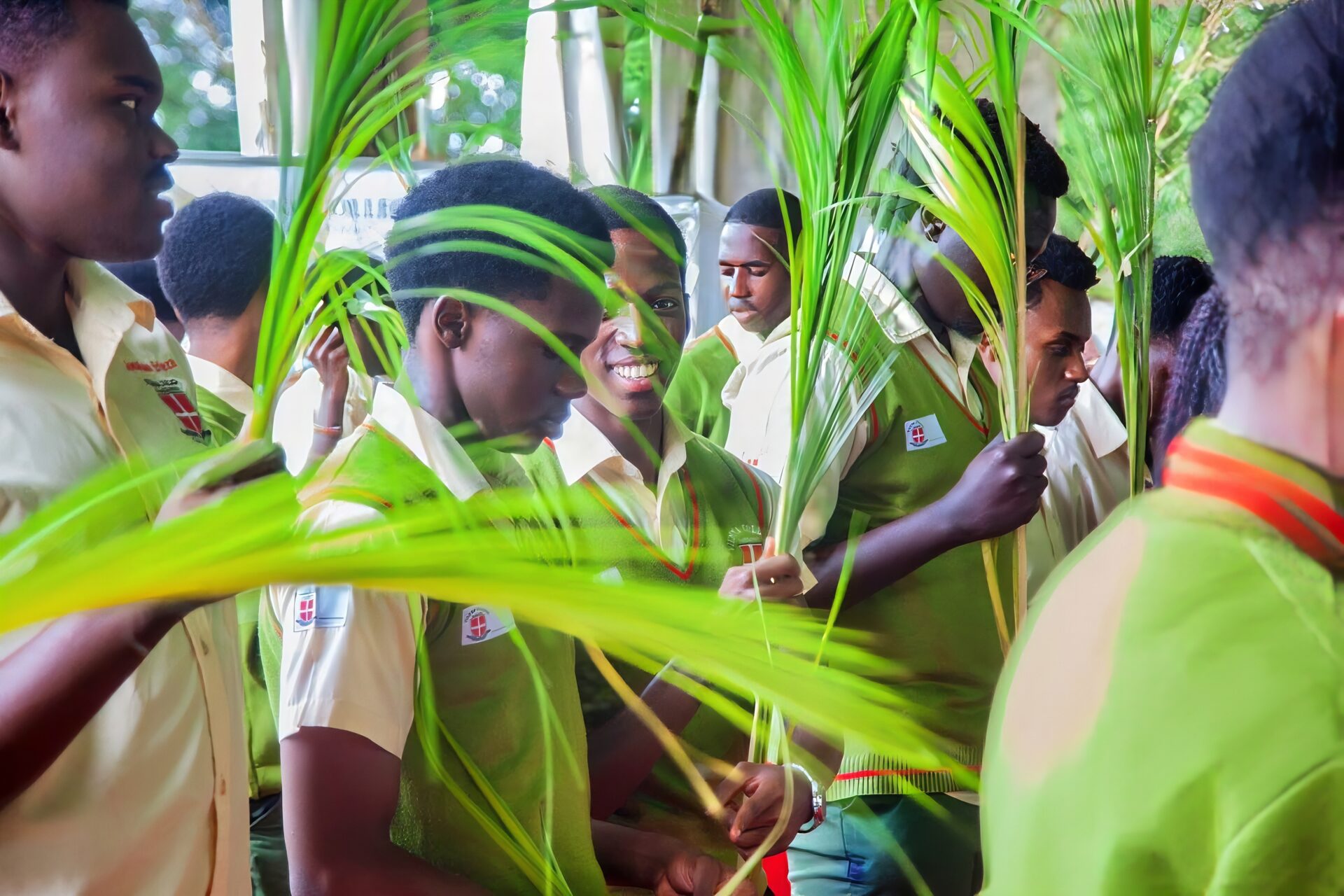
Regardless of location, what remains consistent is the emphasis on inclusivity and participation. Whether in bustling Kampala or remote Karamoja, the success of Easter charity initiatives hinges on the active involvement of local stakeholders, ensuring that interventions are culturally appropriate and contextually relevant.
Inspiring a Culture of Giving Back
Beyond addressing immediate needs, Easter charity efforts in Uganda play a crucial role in cultivating a culture of giving back. Young people, in particular, are encouraged to participate in volunteer work, learning valuable lessons about empathy, teamwork, and civic responsibility. Schools and youth ministries often organise fundraising events, art exhibitions, or talent shows, with proceeds directed toward charitable causes.
This intergenerational approach ensures that the spirit of generosity endures beyond the Easter season. As children grow into adults, they carry forward the values instilled during these formative experiences, perpetuating a cycle of kindness and solidarity.
Faith That Transforms Lives
Acts of charity and social responsibility during Easter in Uganda exemplify the enduring relevance of faith in shaping societal values. By translating biblical principles into concrete actions, Ugandans demonstrate that true worship involves caring for the least among us. While challenges related to sustainability and systemic change persist, the cumulative impact of these efforts cannot be underestimated.
As the sun sets on another Easter weekend, the legacy of compassion lingers—in the smiles of children receiving new shoes, the relief of patients accessing free healthcare, and the renewed hope of families receiving much-needed support. Through these acts of love, Ugandans affirm that the resurrection of Christ is not just a historical event but a living reality that continues to transform lives, one gesture of kindness at a time.
In embracing this ethos, Uganda offers the world a powerful reminder: when faith meets action, communities thrive, and humanity shines brightest.
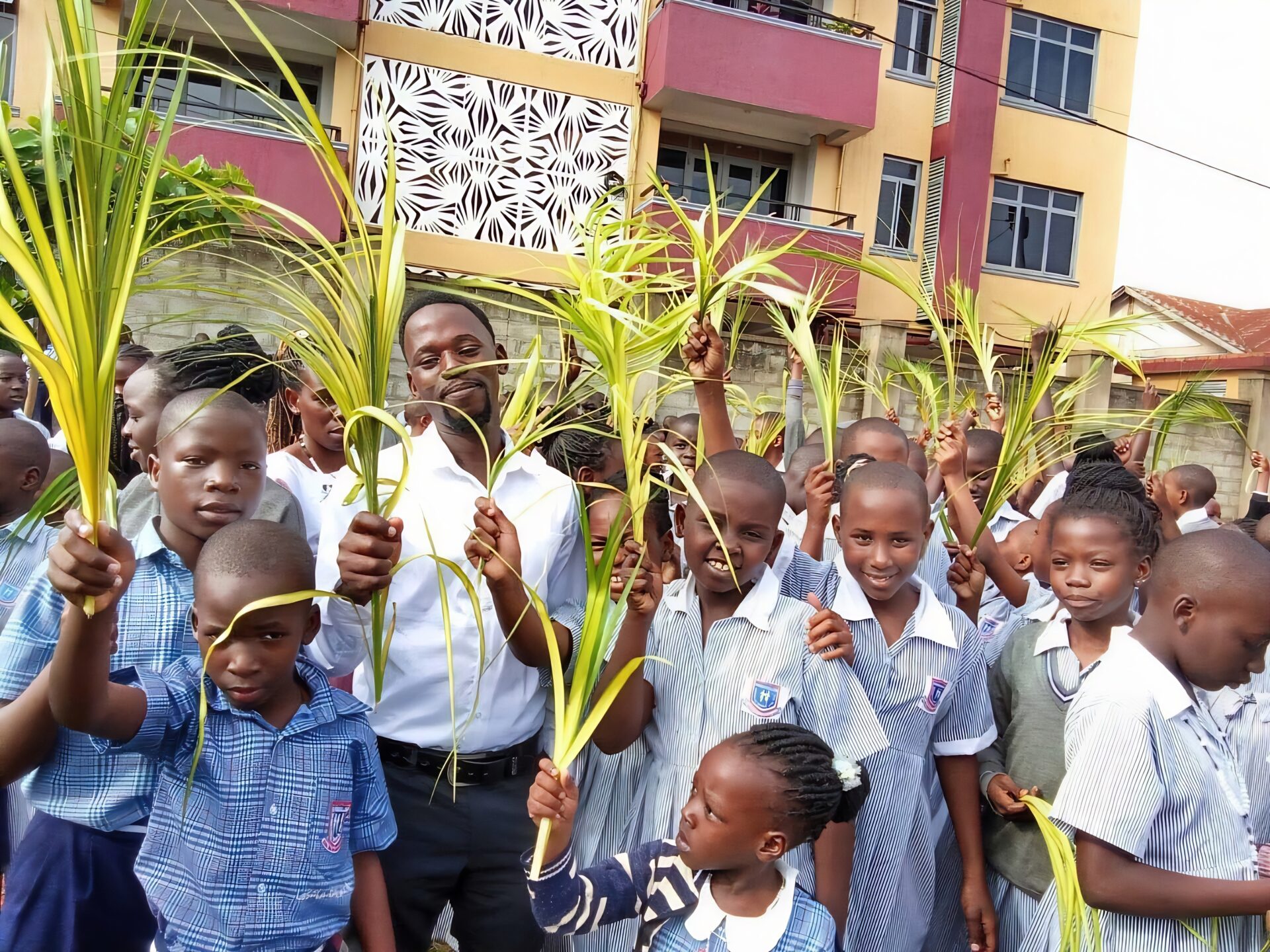
5. Reflection and Personal Renewal: The Inner Journey of Easter in Uganda
While the vibrant festivities and communal gatherings of Easter in Uganda capture much attention, the holiday also offers a quieter yet equally profound dimension: a space for introspection, personal growth, and spiritual renewal. For many Ugandans, Easter is not only a time to celebrate Christ’s resurrection outwardly but also an opportunity to embark on an inward journey—a process of evaluating one’s life, reaffirming faith, and embracing transformation. This reflective aspect underscores the more in-depth meaning of Easter, aligning it with the universal theme of rebirth and renewal.
A Time for Spiritual Rejuvenation
The Lenten season leading up to Easter sets the stage for this period of reflection. Many Ugandans observe Lent by fasting, abstaining from certain luxuries, or committing to acts of kindness as gestures of penance and gratitude. These practices culminate during Holy Week, when the solemnity of Good Friday transitions into the jubilation of Easter Sunday. Throughout this journey, individuals are encouraged to pause and examine their lives, seeking clarity and purpose.
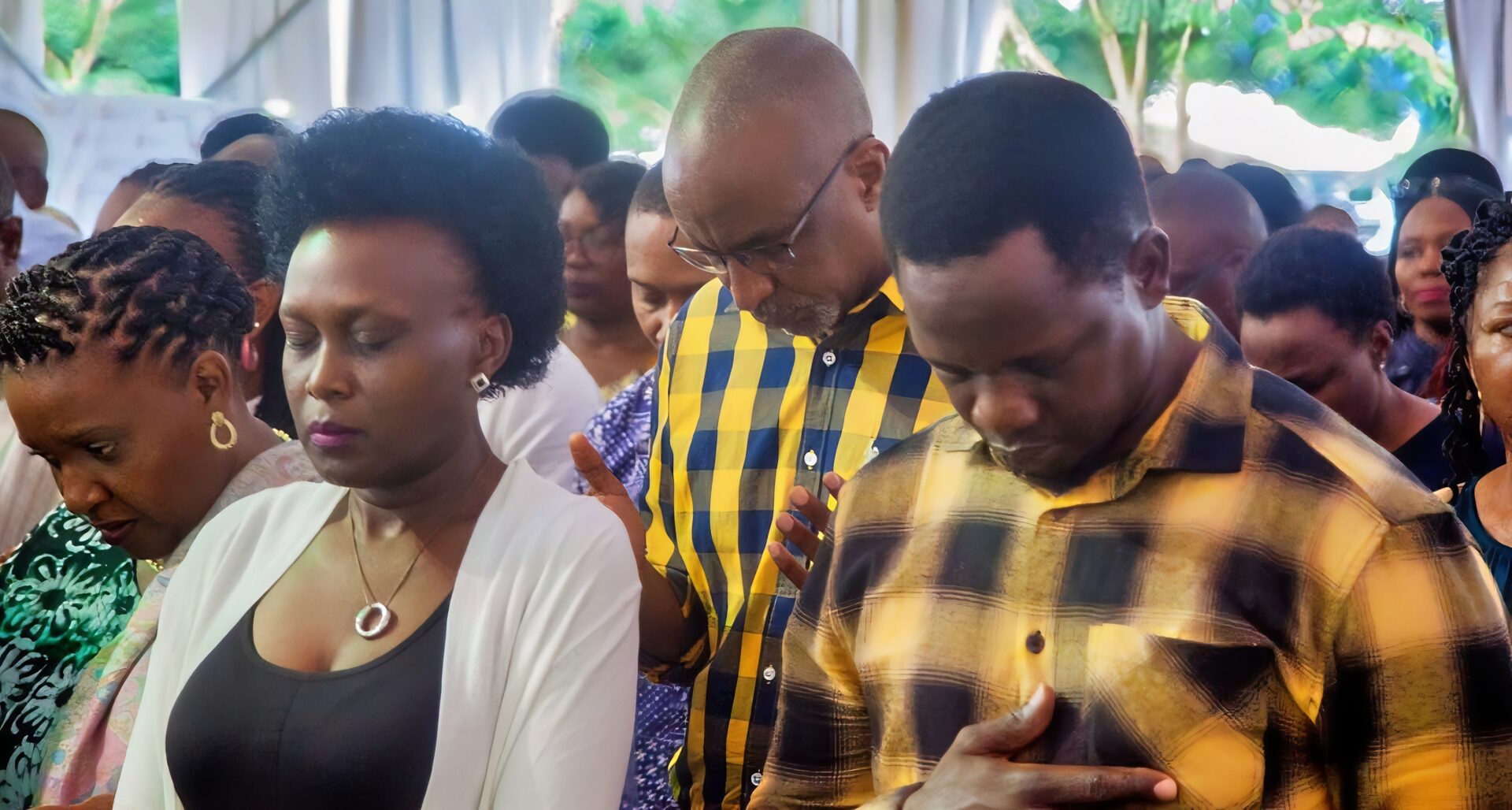
Prayer vigils, retreats, and Bible study sessions become central to this process of spiritual rejuvenation. Churches across Uganda organise overnight prayer meetings where congregants gather to pray, sing hymns, and meditate on scripture. In rural areas, these vigils may take place under starlit skies, creating an atmosphere of intimacy and reverence. Participants often share testimonies of answered prayers, struggles to overcome, and lessons learned, fostering a sense of solidarity among those present.
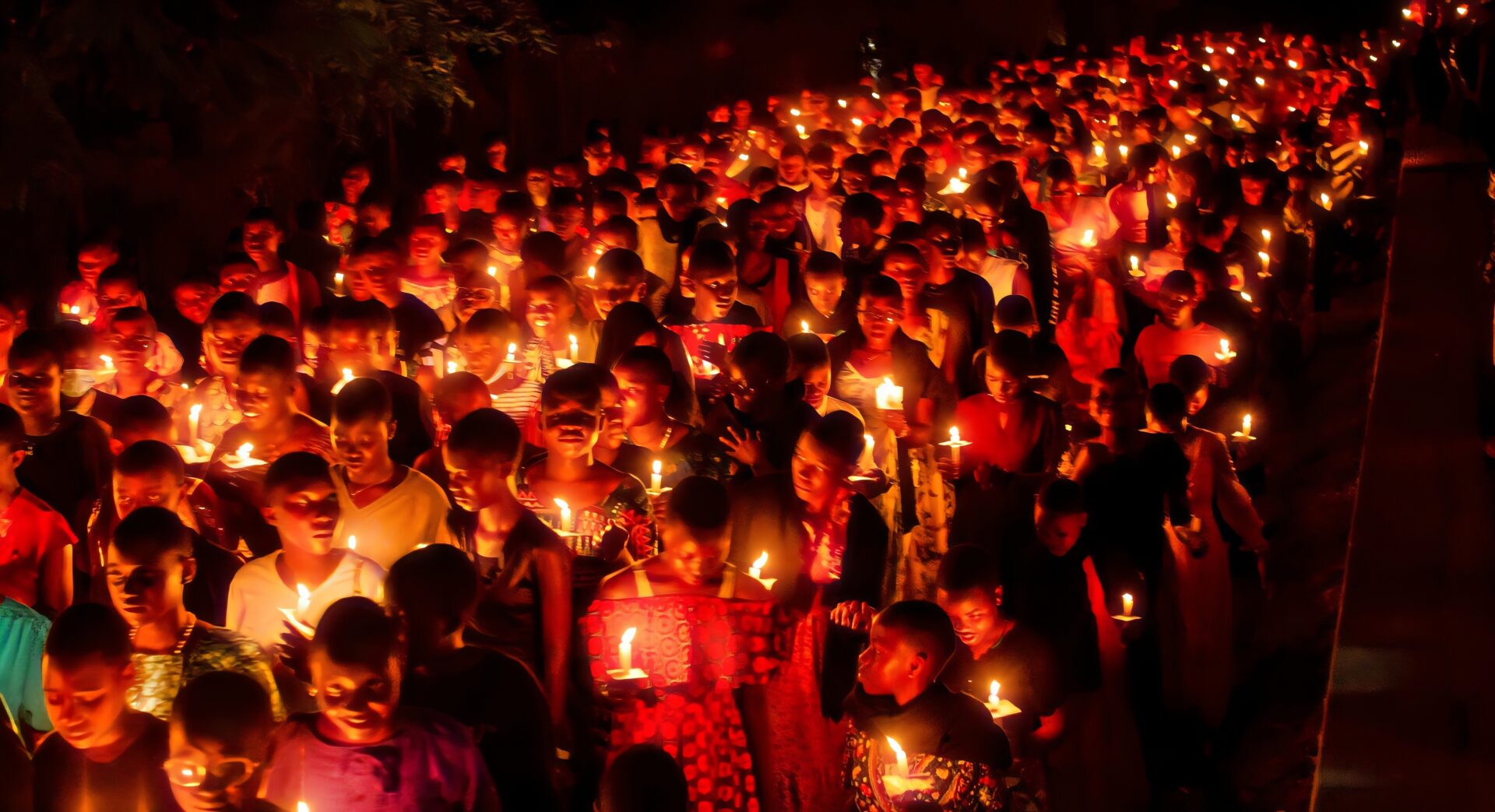
Retreats, particularly popular among young adults and university students, provide immersive environments for deeper reflection. Held at secluded venues such as lakeside camps or mountain lodges, these retreats combine sermons, group discussions, and moments of silence to help attendees reconnect with their faith. Themes like forgiveness, perseverance, and trust in God’s plan dominate the sessions, encouraging participants to let go of past burdens and embrace hope for the future.
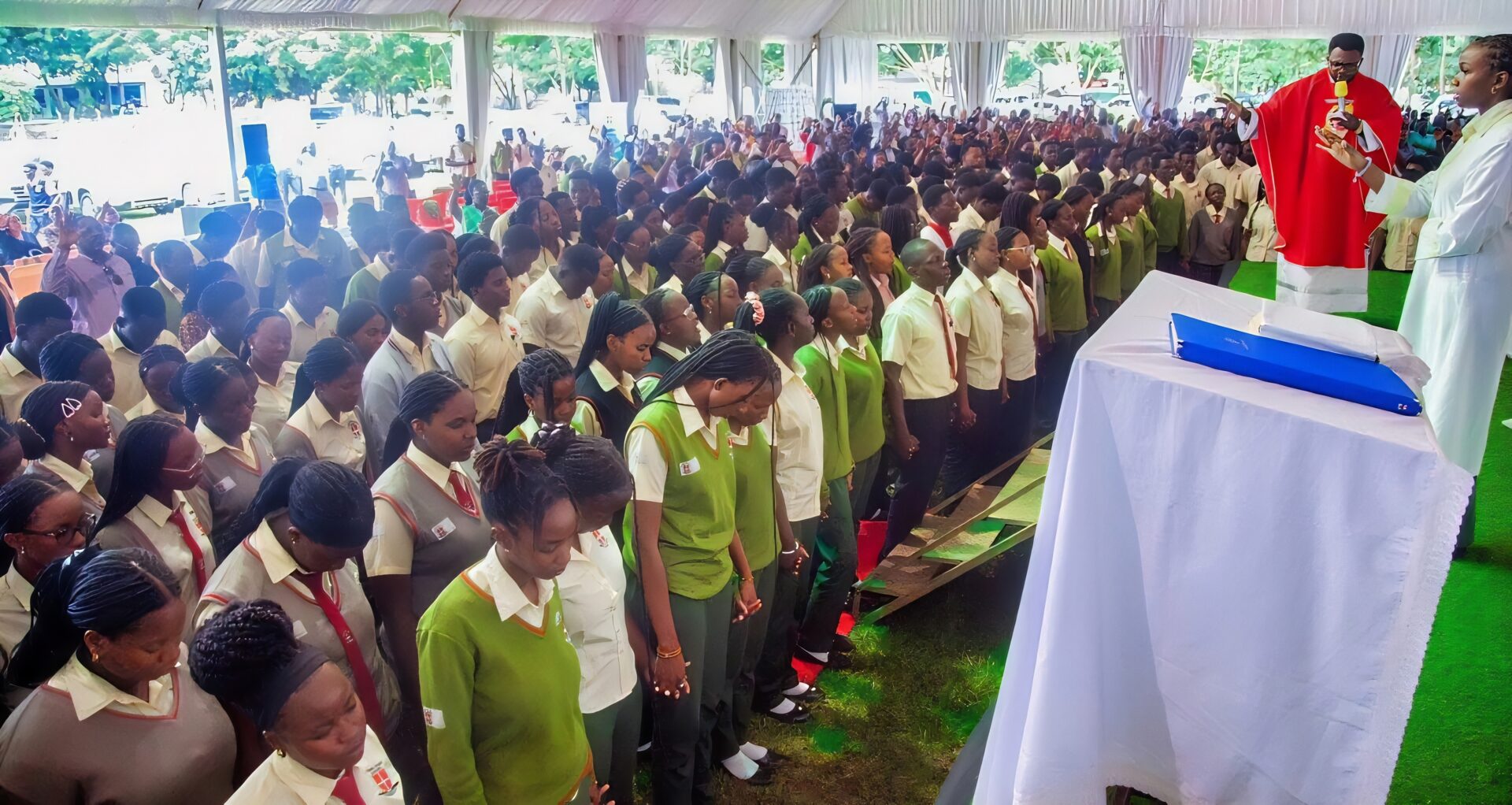
Bible study groups, too, play a vital role during this season. Families and neighbours come together to read passages about Christ’s sacrifice and resurrection, discussing how these stories apply to their own lives. Such dialogues foster mutual encouragement and accountability, reinforcing the idea that spiritual growth is both a personal and communal endeavour.
Personal Sacrifices: Acts of Penance and Gratitude
For some Ugandans, personal sacrifices serve as tangible expressions of their commitment to self-improvement. Fasting remains one of the most common practices, whether through abstaining from food for specific periods or refraining from beloved luxuries like sugary drinks, social media, or even television. These acts of discipline remind individuals of Christ’s suffering and teach them to rely on divine strength rather than worldly comforts.
Others choose to give up habits they feel hinder their spiritual progress, such as gossiping, procrastination, or unhealthy relationships. By consciously letting go of these behaviours, they symbolically “die” to old ways of living and rise anew, mirroring the resurrection narrative. This practice resonates deeply in African cultures, where rites of passage often involve shedding former identities to embrace new roles and responsibilities.
Setting New Goals and Affirming Commitments
Easter also serves as a catalyst for setting intentions and redefining priorities. As part of their reflections, many Ugandans identify areas in their lives that need improvement—whether it be strengthening family bonds, pursuing education, or contributing more actively to their communities. The symbolism of resurrection inspires them to believe that change is possible, no matter how daunting the challenges may seem.
In workplaces, schools, and churches, leaders often encourage people to make concrete commitments during this season. For instance, a farmer might resolve to adopt sustainable farming techniques, while a teacher could pledge to mentor struggling students. These resolutions are typically shared within small groups or families, creating networks of support that hold individuals accountable to their goals.
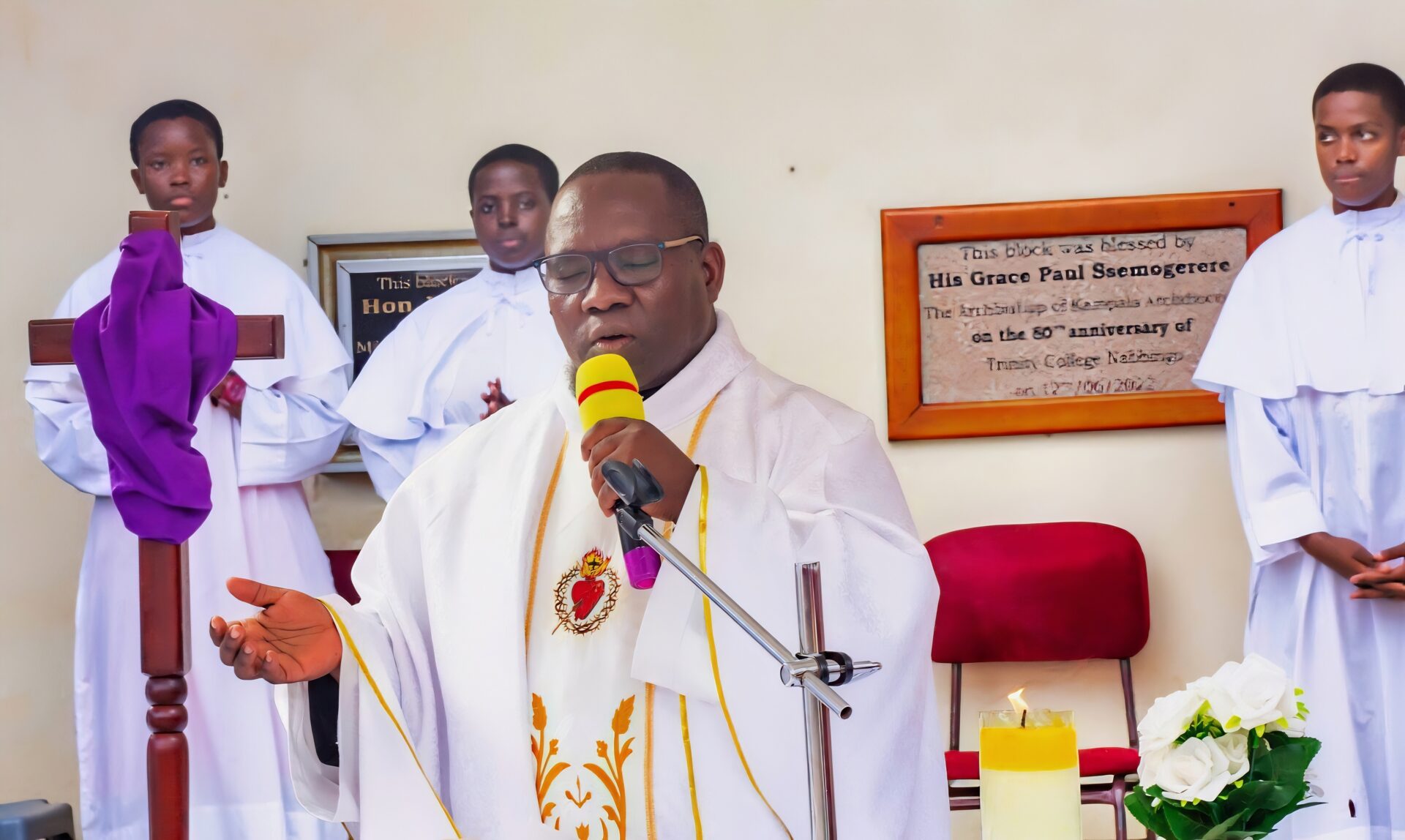
This focus on renewal extends beyond personal aspirations to encompass collective aspirations as well. Community elders may convene meetings to discuss ways of addressing local issues, such as improving sanitation, reducing crime rates, or promoting peace among conflicting clans. By framing these efforts within the context of Easter, they tap into the holiday’s transformative energy, galvanising others to join the cause.
Urban vs. Rural Perspectives: Different Paths to Renewal
The approach to reflection and renewal varies between urban and rural settings in Uganda. In cities like Kampala, busy lifestyles can make it challenging for individuals to carve out quiet time for introspection. However, innovative solutions have emerged to meet this need. Urban churches offer early morning prayer sessions before work hours, guided meditation apps tailored to Christian themes, and weekend retreats designed specifically for professionals. Yoga studios and wellness centres sometimes host Easter-themed workshops combining physical relaxation with spiritual teachings, appealing to younger generations seeking balance.
In contrast, rural communities benefit from slower paces of life, allowing residents ample time for contemplation. Here, nature plays a significant role in facilitating reflection. Sitting beneath a tree, tending to crops, or fetching water from a stream provides opportunities to reflect on life’s blessings and challenges. Elders often guide younger members through conversations about morality, resilience, and the importance of staying grounded in faith.
Despite these differences, the essence of reflection remains consistent: a desire to grow closer to God and align one’s life with His will.
Transformation at Individual and Collective Levels
The emphasis on personal renewal during Easter ties directly to the broader theme of resurrection. Just as Christ rose from the dead, Ugandans are reminded that they, too, possess the capacity for transformation—whether overcoming personal struggles, mending broken relationships, or contributing to societal progress. This dual focus on individual and collective renewal highlights the interconnectedness of humanity, echoing the African philosophy of Ubuntu .
For example, a woman who forgives her estranged sibling during Easter not only heals herself emotionally, but also restores harmony within her family. Similarly, a community that resolves long-standing land disputes during this season lays the foundation for lasting peace. Each act of reconciliation and renewal ripples outward, creating waves of positive change.
A Season of Hope and New Beginnings
Reflection and personal renewal lie at the heart of Easter in Uganda, offering believers a chance to step back from the busyness of daily life and realign themselves with their values and faith. Through prayer vigils, sacrifices, goal-setting, and communal dialogue, Ugandans embrace the transformative power of the resurrection narrative, believing that no obstacle is insurmountable when approached with faith and determination.
As dawn breaks on Easter Sunday, illuminating fields, forests, and city streets alike, the promise of new beginnings fills the air. It is a reminder that just as Christ conquered death, so too can individuals conquer despair, doubt, and division. In this way, Easter becomes not merely a religious observance but a profound invitation to live fully, love deeply, and strive tirelessly toward a brighter tomorrow—for oneself, one’s family, and one’s community.
In embracing this call to renewal, Ugandans exemplify the timeless truth that true resurrection begins in the human heart, radiating outward to touch every corner of society.
6. Urban vs. Rural Celebrations: Bridging Divides in Ugandan Easter Traditions
Easter celebrations in Uganda offer a fascinating glimpse into the country’s rich cultural and social diversity, with marked differences between urban centres like Kampala and rural villages scattered across the nation. While both settings share the same foundational purpose—to honour God and celebrate Christ’s resurrection—the manner in which they express their faith reflects distinct lifestyles, resources, and influences. Understanding these variations not only highlights the adaptability of Christianity but also underscores how Easter serves as a unifying force, bridging divides between generations, geographies, and ways of life.
Urban Celebrations: Formality Meets Global Influence
In bustling cities such as Kampala, Jinja, or Entebbe, Easter is often characterised by formal church services, family gatherings, and subtle nods to global trends. Urban dwellers tend to prioritise structured activities that align with their fast-paced, modern lifestyles.
Churches in urban areas are typically well-equipped with sound systems, projectors, and even air conditioning, creating an environment conducive to large congregations. Sermons may incorporate contemporary themes, such as mental health, work-life balance, or environmental stewardship, appealing to younger, professional audiences. Choir performances blend traditional hymns with modern gospel music, sometimes featuring instrumental accompaniments like keyboards, guitars, and drums. These elements reflect a fusion of local traditions with global Christian practices, making worship accessible to diverse congregants.
After morning services, families gather for elaborate meals, often held in homes or restaurants. Urban Easter feasts might include both traditional dishes—such as matoke, luwombo, and muchomo—and international cuisines like pizza or pasta, reflecting the cosmopolitan nature of city life. Homes are decorated with Easter-themed ornaments, including crosses, palm fronds, and eggs painted in vibrant colours—a practice influenced by Western customs. Some households host themed parties or egg hunts for children, blending Christian symbolism with playful activities.
For many urban Ugandans, charity efforts during Easter are also more organised and institutionalised. Churches partner with NGOs or corporate sponsors to distribute food packages, host medical camps, or fundraise for community projects. These initiatives often benefit from greater access to resources and infrastructure, enabling them to reach wider audiences.
Rural Celebrations: Rooted in Tradition and Community
By contrast, Easter in rural Uganda retains a deeply traditional and communal character. Life in the countryside moves at a slower pace, allowing residents to fully immerse themselves in the spiritual and cultural dimensions of the holiday. Here, celebrations are less about formality and more about authenticity, with rituals and practices passed down through generations.
Outdoor worship is a hallmark of rural Easter observances. In villages across regions like Buganda, Bunyoro, or Acholiland, makeshift altars are erected under trees or in open fields, creating sacred spaces that harmonise with nature. Congregants sit on mats or wooden benches, singing hymns accompanied by drums, adungu (a stringed harp), or endingidi (a one-stringed fiddle). The simplicity of these settings fosters a sense of intimacy and connection with God.
Communal work projects, known locally as bulungi bwa nsi (“good for the community”), are another integral part of rural Easter celebrations. Villagers come together to repair roads, clean public spaces, or assist elderly neighbours with farming tasks. These acts of service embody the spirit of Easter, demonstrating love and solidarity within the community. Such collective efforts reinforce the African philosophy of Ubuntu , reminding participants that their well-being is intertwined with that of others.
Traditional art forms play a central role in rural festivities. Dance troupes perform energetic routines, wearing brightly coloured costumes adorned with beads, cowrie shells, or feathers. Dramatic reenactments of biblical scenes—such as the crucifixion or resurrection—are staged using locally sourced materials, ensuring that the stories remain relatable and impactful. Elders often lead storytelling sessions, sharing parables and folktales that highlight moral lessons aligned with Christian teachings.
Bridging the Divide: Shared Values Amidst Diverse Expressions
Despite the apparent contrasts between urban and rural Easter celebrations, there exists a unifying thread that binds all Ugandans: the desire to honour God and strengthen communal ties. Whether through a formal church service in Kampala or a drumming circle in a remote village, the essence of Easter remains constant—a celebration of faith, hope, and renewal.
This shared purpose becomes particularly evident during Holy Week, when both urban and rural communities participate in processions, fasting, and prayer vigils. Even the most modernised urbanite may pause to reflect on their roots, perhaps recalling childhood memories of rural Easter traditions. Similarly, rural residents eagerly embrace new ideas brought back by relatives who have migrated to cities, integrating them into their existing practices.
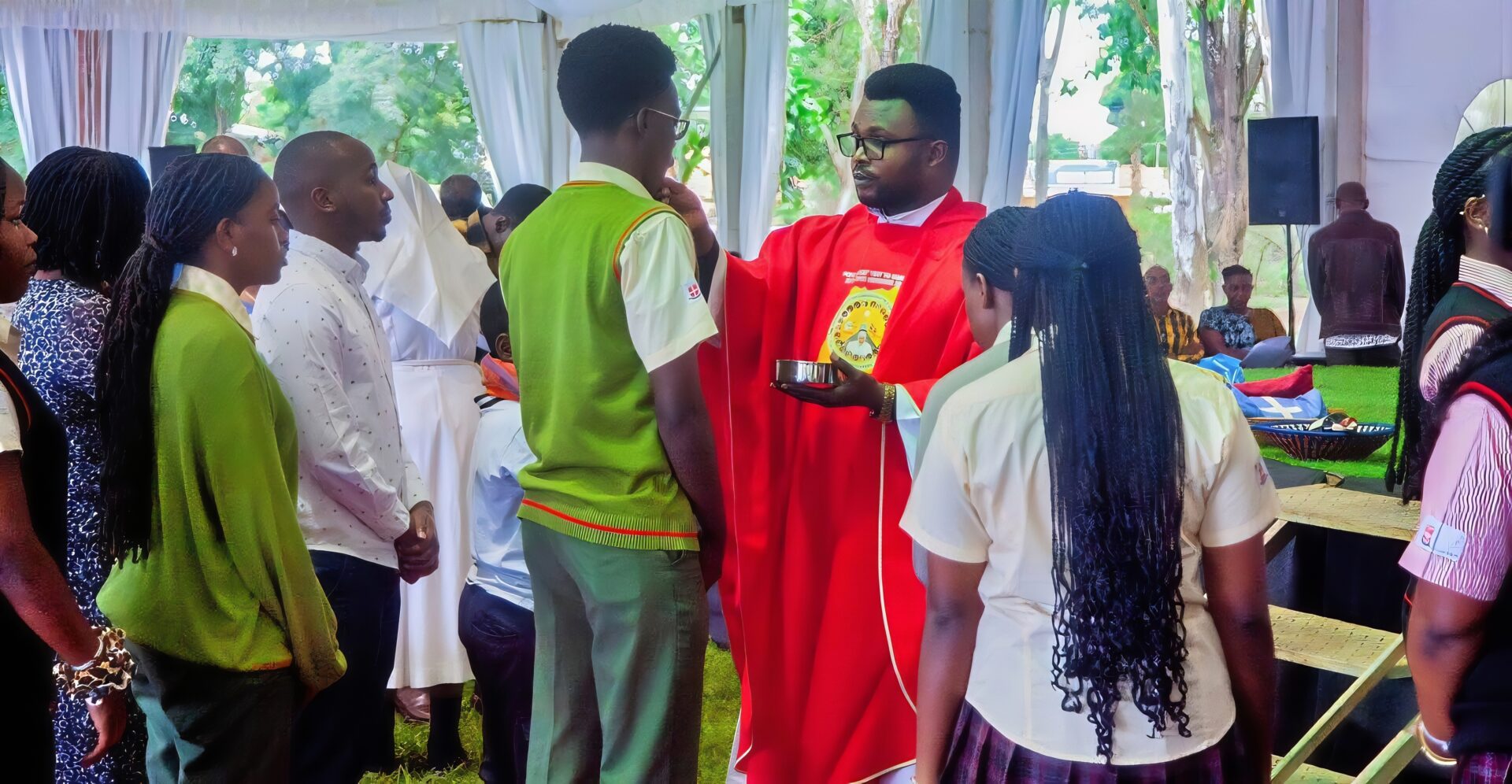
The adaptability of Easter celebrations in Uganda exemplifies how Christianity thrives in diverse contexts. Urban influences do not dilute the faith; instead, they enrich it by introducing fresh perspectives while preserving its core values. Likewise, rural traditions ensure that the gospel message remains grounded in cultural relevance, speaking directly to the realities of everyday life.
Intergenerational and Geographical Connections
Easter also serves as a bridge between generations and geographies, fostering unity despite physical distances. Families separated by migration—whether within Uganda or abroad—often reunite during this season, travelling long distances to spend time together. Grandparents in rural areas welcome grandchildren raised in cities, passing down knowledge of traditional songs, dances, and recipes. Meanwhile, younger family members introduce elders to modern interpretations of Easter, creating a dynamic exchange of ideas.
Digital platforms further enhance these connections, enabling real-time participation in celebrations. For instance, live-streamed church services allow diaspora communities to join Ugandan congregations virtually, while video calls facilitate shared meals and conversations. This technological innovation ensures that no one feels excluded, regardless of location.
A Celebration That Transcends Boundaries
The differences between urban and rural Easter celebrations in Uganda are not barriers but rather opportunities for mutual enrichment. Each setting contributes unique strengths to the national tapestry of faith—urban areas bring innovation and organisation, while rural communities preserve tradition and authenticity. Together, they create a holistic expression of Easter that resonates with people from all walks of life.
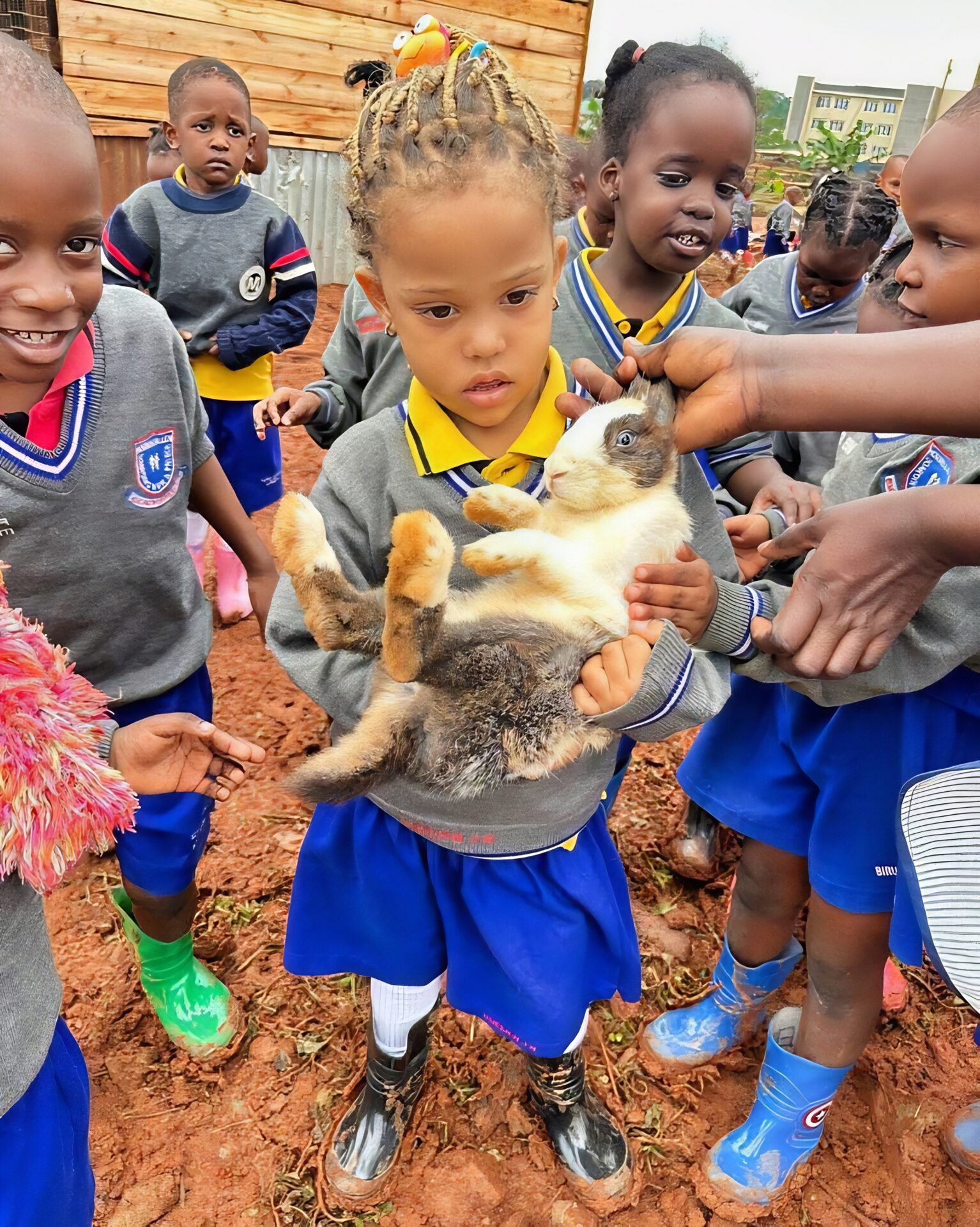
As the sun sets on Easter Sunday, casting golden hues over Kampala’s skyscrapers and the rolling hills of rural Uganda alike, the message is clear: Christ’s resurrection transcends boundaries of geography, culture, and lifestyle. It speaks to the universal human yearning for hope, redemption, and unity. By embracing both the old and the new, Ugandans demonstrate that Easter is not just a holiday—it is a living testament to the power of faith to connect hearts and transform lives.
In celebrating Easter in their own distinctive ways, Ugandans affirm that the true essence of the holiday lies not in uniformity but in diversity united by a common purpose: to honour God and celebrate the miracle of new beginnings.
7. Challenges and Opportunities for Modern Celebrations: Navigating Change While Preserving Tradition
Easter in Uganda, like many cultural and religious phenomena, is not immune to the sweeping changes brought about by rapid urbanisation, globalisation, and economic pressures. These forces are reshaping how younger generations engage with the holiday, presenting both challenges and opportunities for innovation. While some fear that modern influences may dilute the authenticity of Easter celebrations, others see potential for growth—leveraging technology, contemporary trends, and creative adaptations to ensure that the holiday remains relevant and impactful in a rapidly evolving society.
The Challenge of Urbanisation and Globalisation
As cities like Kampala expand and rural-to-urban migration accelerates, traditional ways of celebrating Easter face disruption. In urban settings, the fast-paced lifestyle often leaves little room for extended family gatherings or communal activities that characterise rural festivities. Younger generations, particularly those born and raised in cities, may find themselves disconnected from the cultural practices and rituals that once defined Easter in their ancestral villages.
Globalisation has further introduced Western ideals and consumerist tendencies into Ugandan Easter traditions. Shopping malls now promote Easter-themed sales, chocolate eggs imported from abroad appear on supermarket shelves, and themed parties become increasingly common among urban youth. While these trends add novelty, they risk overshadowing the spiritual and communal essence of the holiday. For instance, attending an Easter brunch at a trendy café might replace participating in a prayer vigil or visiting a neighbour in need.
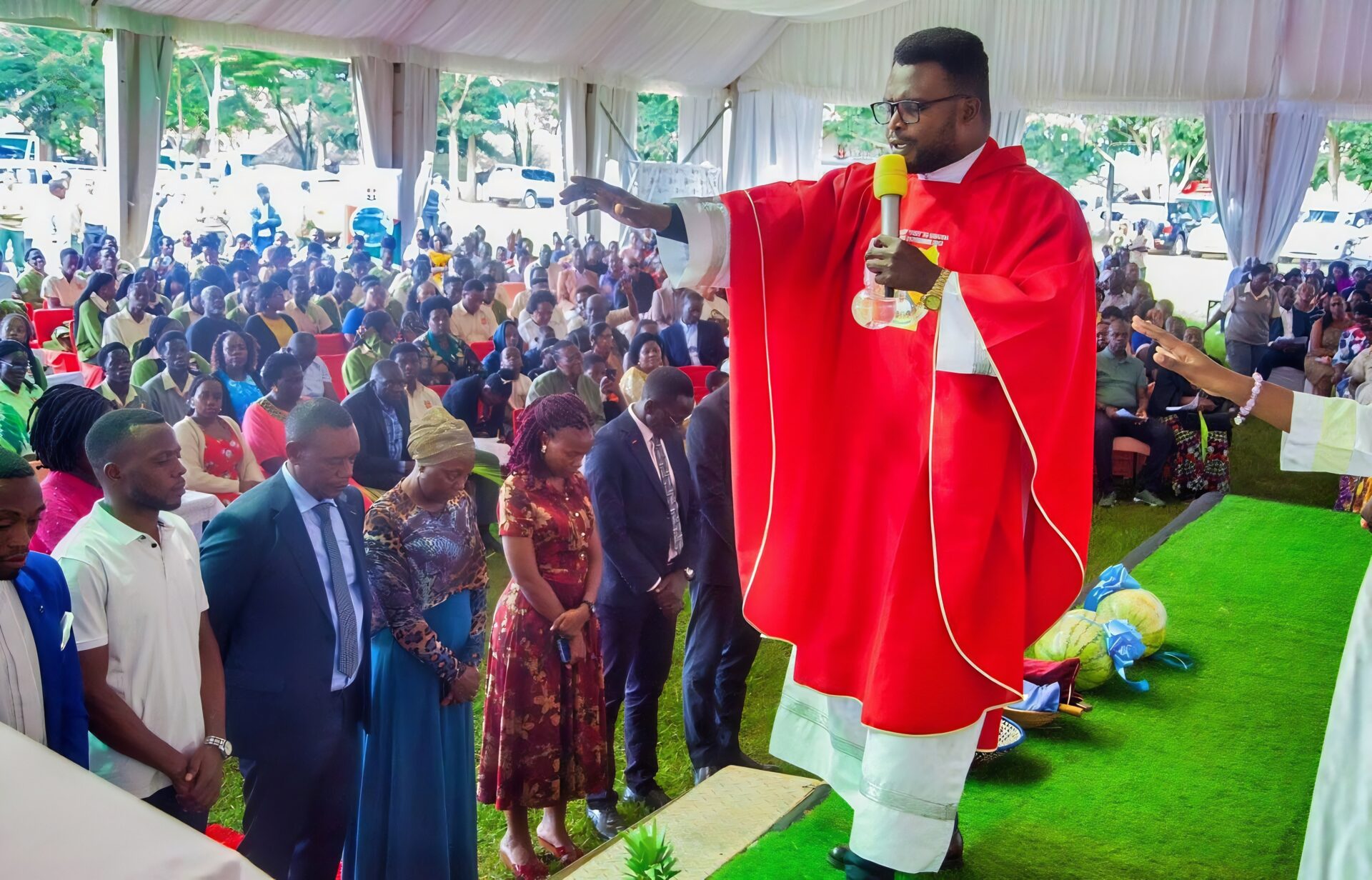
Another significant challenge lies in the erosion of face-to-face interactions—a hallmark of Ugandan hospitality. Technology enables virtual participation in church services, allowing diaspora communities and busy professionals to engage remotely. However, this convenience comes at a cost. The warmth of physical presence—the shared laughter over a meal, the embrace of forgiveness during reconciliation, or the collective energy of a drumming circle—is difficult to replicate through screens. Over-reliance on digital platforms could weaken the bonds of community that make Easter so meaningful in Uganda.
Economic Pressures and Their Impact
Economic pressures also play a role in shaping modern Easter celebrations. Rising living costs mean that many families struggle to afford elaborate feasts or participate in charitable initiatives. In rural areas, where subsistence farming dominates, unpredictable weather patterns and pest infestations can exacerbate food insecurity, making it harder to prepare traditional dishes like matoke or luwombo. Similarly, urban dwellers juggling multiple jobs may lack the time or resources to fully immerse themselves in the season’s festivities.
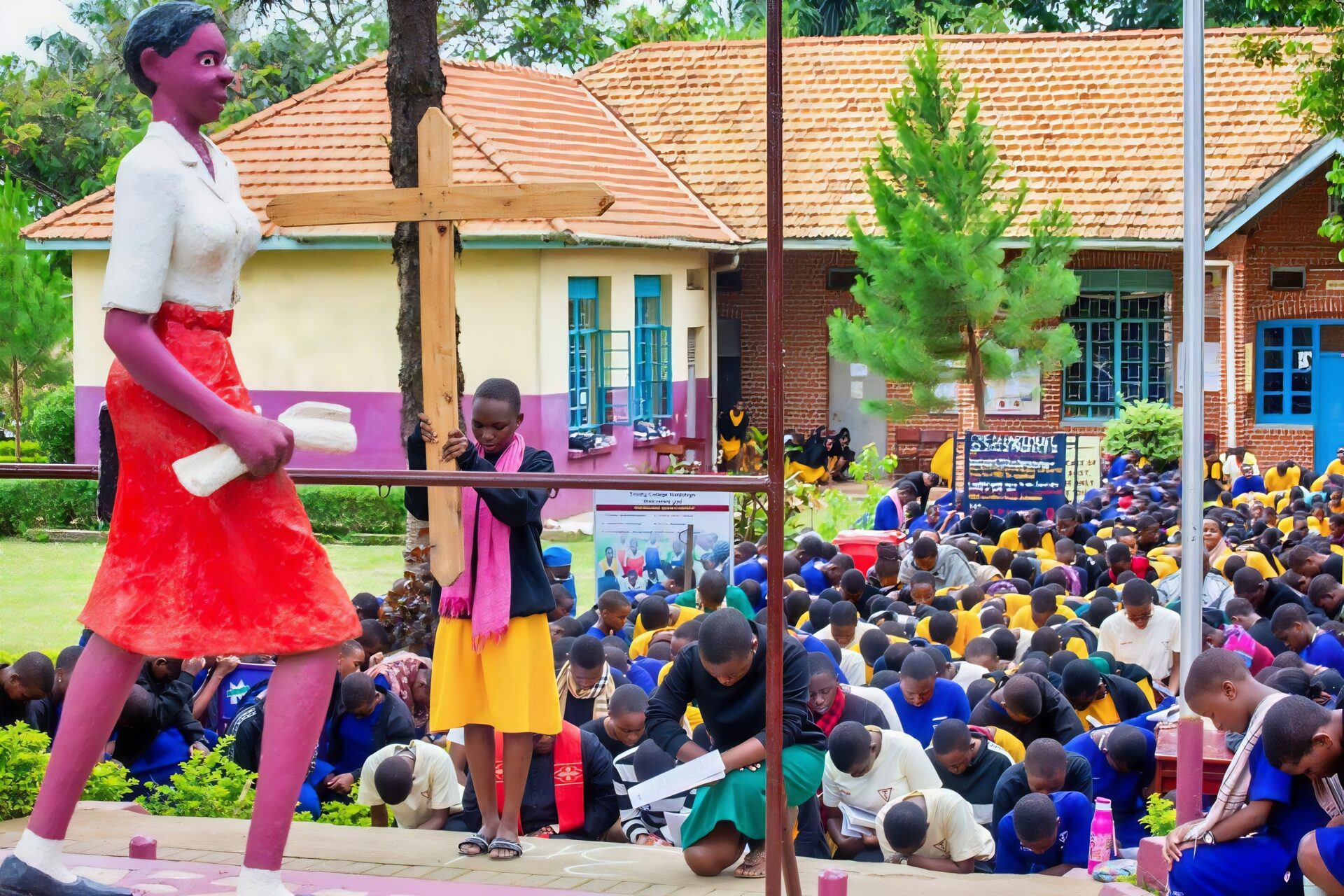
For churches and community organisations, limited funding poses another hurdle. Organising large-scale events such as free medical camps or educational workshops requires significant financial investment, which may be challenging to secure in economically strained environments. This constraint can hinder efforts to address pressing social issues during Easter, leaving vulnerable populations underserved.
Opportunities for Innovation Through Technology
Despite these challenges, technology offers promising avenues for reinventing Easter celebrations in ways that align with modern realities. Digital platforms, when used thoughtfully, can amplify the reach and impact of charitable campaigns. Social media apps like WhatsApp, Facebook, and Instagram enable organisers to share updates, solicit donations, and coordinate volunteers more efficiently than ever before. Crowdfunding initiatives have proven effective in raising funds for causes such as building schools, supporting orphanages, or providing clean water to remote villages.
Churches, too, are embracing technology to enhance engagement. Live-streamed services allow congregants who cannot attend in person—whether due to distance, health concerns, or work commitments—to remain connected to their faith communities. Sermons recorded and uploaded online can reach wider audiences, including diaspora Ugandans eager to stay rooted in their cultural and spiritual heritage. Virtual Bible studies and prayer groups foster ongoing dialogue, ensuring that the spirit of reflection and renewal extends beyond Easter Sunday.
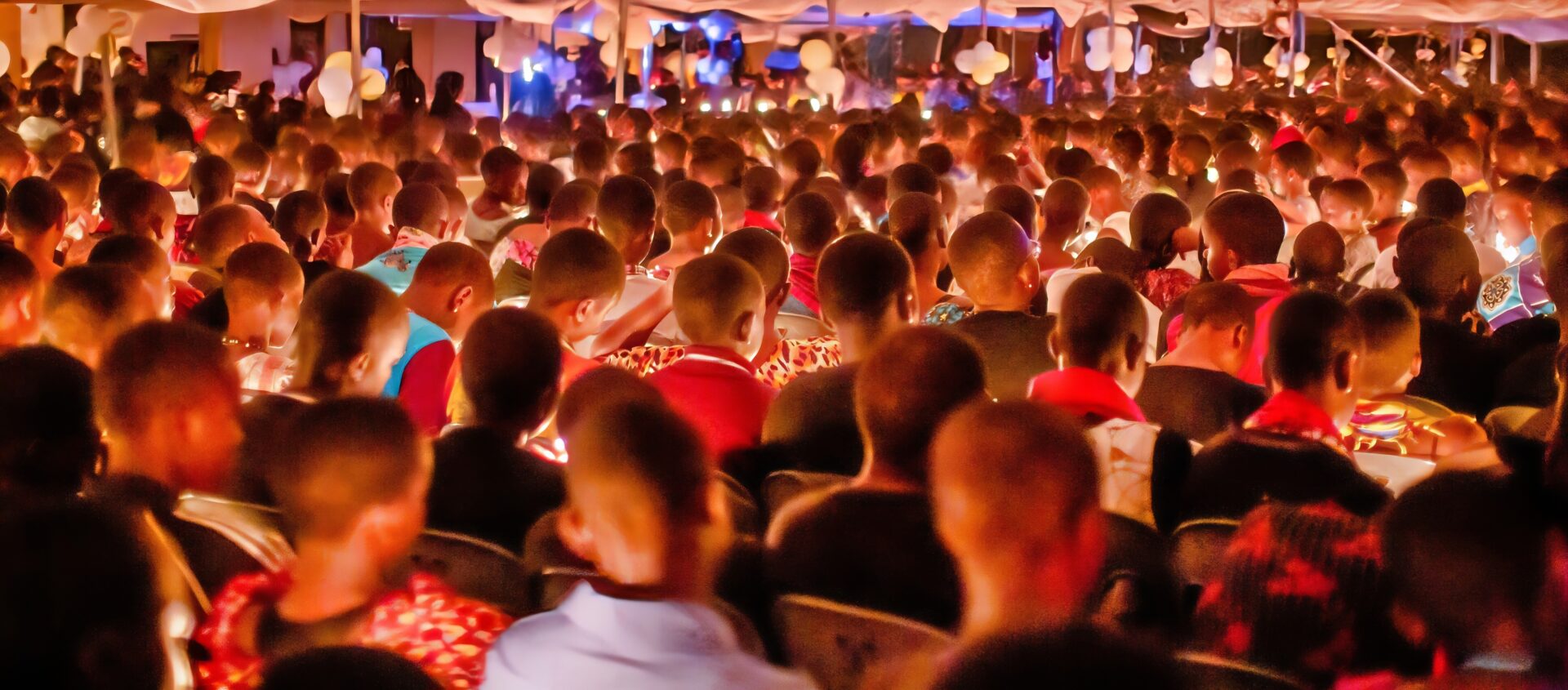
Moreover, digital tools can facilitate storytelling and education. For example, animated videos or podcasts explaining the significance of Easter traditions in Ugandan culture can captivate younger audiences. Interactive platforms that gamify acts of kindness—such as tracking volunteer hours or rewarding participants for completing charitable tasks—can inspire youth to take action while having fun.
Integrating Contemporary Music Styles
Music plays a pivotal role in Ugandan Easter celebrations, but its evolution reflects the tension between tradition and modernity. To attract younger generations without compromising core teachings, churches, and artists are experimenting with blending contemporary music styles into liturgies. Genres such as Afrobeat, reggae, hip-hop, and gospel rap are being incorporated into hymns and praise sessions, creating a dynamic fusion that resonates with urban youth.
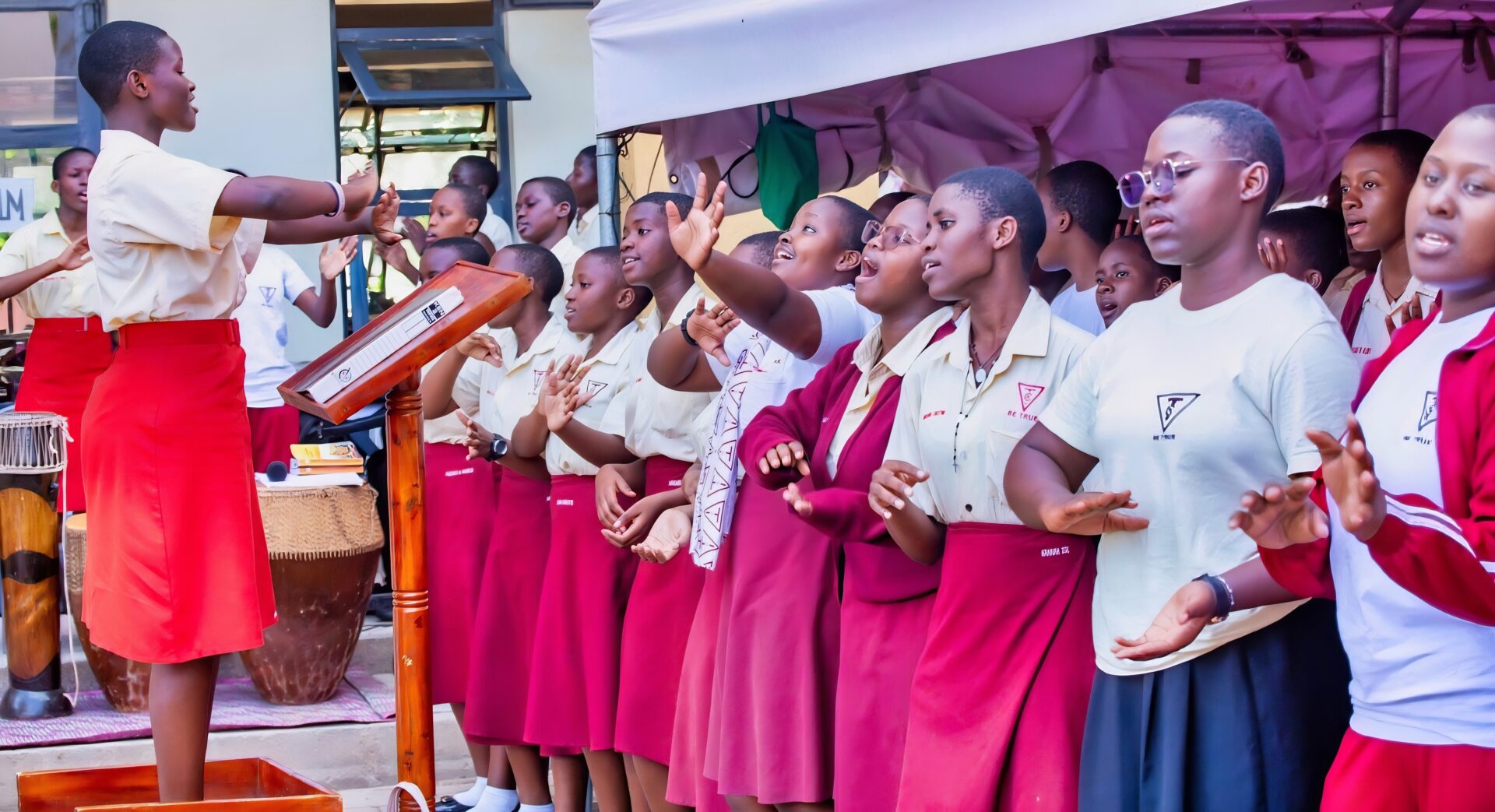
For instance, a church choir might perform a rendition of “Christ the Lord Is Risen Today” set to a rhythmic Afrobeat tune, complete with syncopated drum patterns and call-and-response vocals. Such innovations breathe new life into familiar melodies, making them accessible to those who might otherwise feel alienated by traditional arrangements. At the same time, these adaptations retain the scriptural content and spiritual depth of classic hymns, ensuring that the message remains intact.
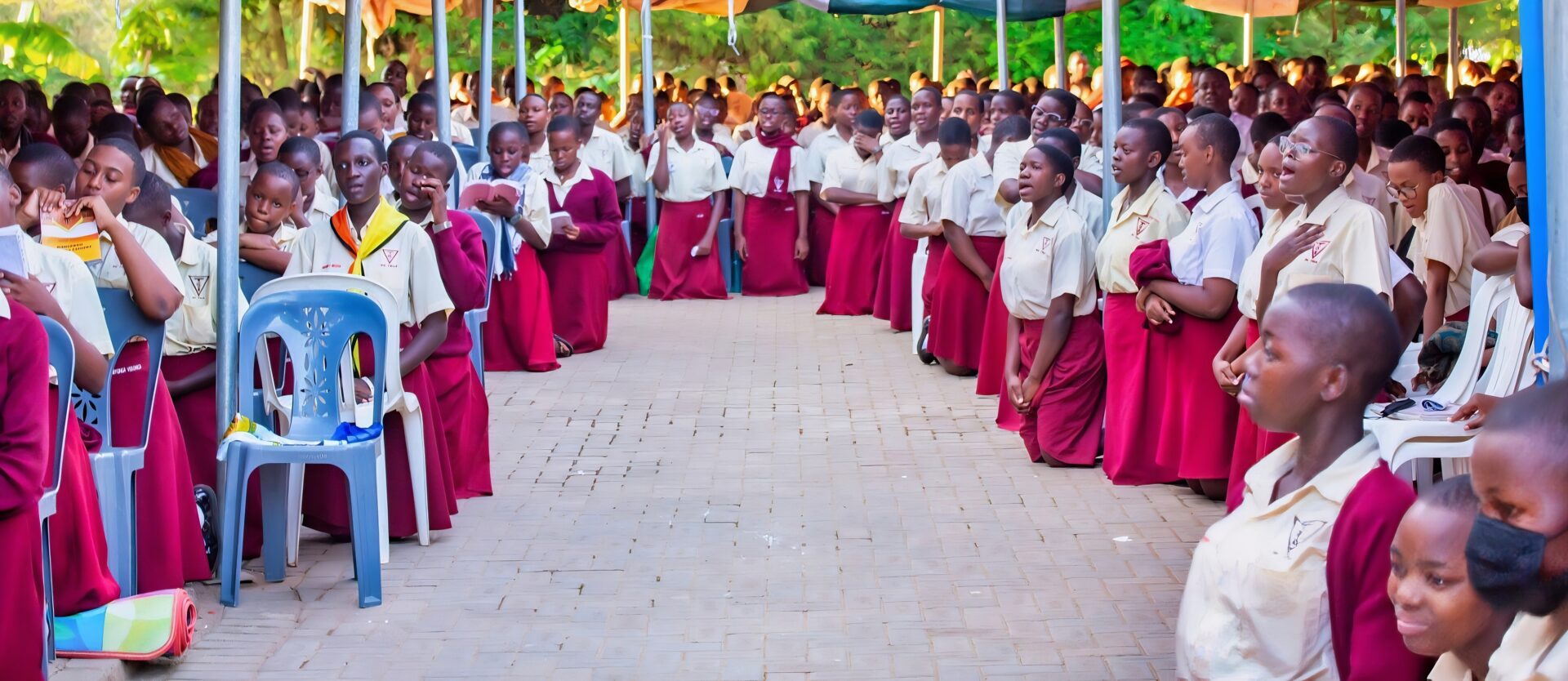
Youth ministries and drama groups are also capitalising on multimedia storytelling techniques. Short films, skits, and musical performances exploring biblical themes are shared via YouTube or TikTok, reaching tech-savvy audiences who consume content primarily through digital channels. These creative expressions entertain and educate, prompting viewers to reflect on the relevance of Easter in their own lives.
Strengthening Community Bonds Amidst Change
While technology and global influences bring undeniable benefits, preserving the essence of Ugandan hospitality remains crucial. One way to achieve this balance is by combining modern conveniences with traditional values. For example, community leaders might organise hybrid events that cater to both in-person and virtual participants. A charity fundraiser could include live entertainment for attendees at a local venue while streaming the programme online for those unable to join physically.
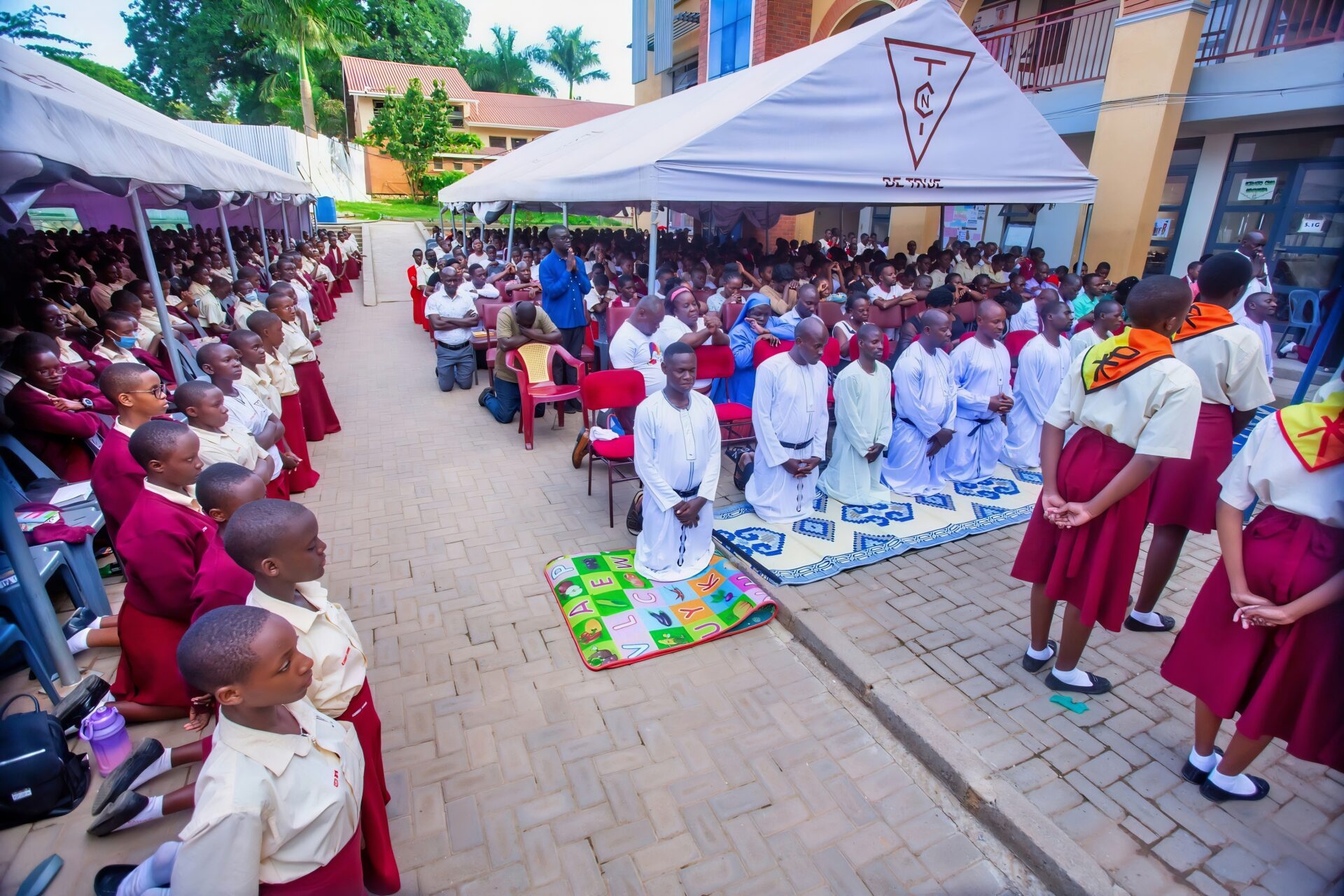
Similarly, intergenerational collaborations can bridge gaps between old and new. Elders can mentor younger family members in preparing traditional dishes or performing cultural dances, ensuring that these practices endure. Meanwhile, young people can introduce innovative ideas—such as eco-friendly decorations made from recycled materials or sustainable farming projects—that align with contemporary concerns about environmental conservation.
Embracing Change While Honouring Heritage
The challenges facing Easter celebrations in Uganda are real, yet they also present opportunities for growth and adaptation. By leveraging technology, integrating contemporary elements, and fostering intergenerational connections, Ugandans can navigate the complexities of modern life while staying true to the holiday’s spiritual and cultural roots.
Ultimately, Easter transcends mere ritual; it embodies hope, renewal, and unity. Whether celebrated under the shade of a village tree or within the walls of a city cathedral, its message endures. As Ugandans continue to innovate and adapt, they affirm that the heart of Easter lies not in rigid adherence to tradition but in the ability to respond to changing times with creativity, compassion, and faith.
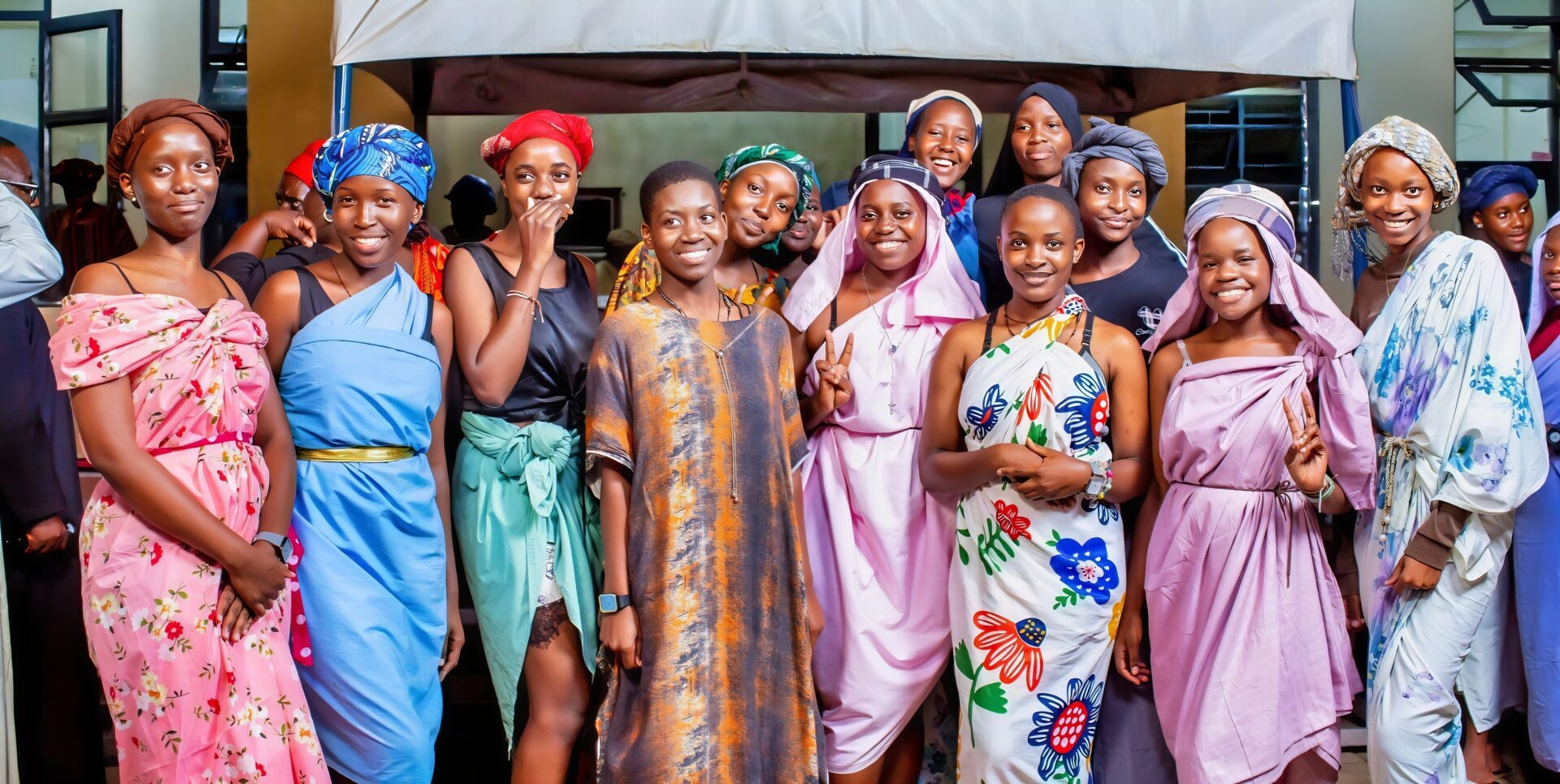
In embracing both the challenges and opportunities of modern celebrations, Ugandans demonstrate resilience—a testament to the enduring power of Easter to inspire transformation at individual, communal, and societal levels. Through this delicate balance of preservation and progress, the holiday will undoubtedly remain a cornerstone of identity and belonging for generations to come.
Conclusion: A Celebration That Transcends Boundaries
Easter in Uganda is far more than a religious festival; it is a vibrant tapestry woven from threads of faith, culture, family, and community. It stands as a testament to the resilience of belief systems that have endured through generations while adapting gracefully to the ever-changing rhythms of modern life. Whether experienced in the solemnity of an ancient cathedral, the warmth of a shared meal under a banana tree, or the exuberance of traditional dance echoing across rolling hills, Easter in Uganda speaks to something universal: the human longing for connection, renewal, and hope.
The Resilience of Faith Amidst Change
At its core, Easter embodies the triumph of life over death—a message that resonates deeply within Ugandan hearts. Despite the challenges posed by urbanisation, globalisation, and economic pressures, Ugandans continue to celebrate this season with remarkable authenticity. Churches overflow with worshippers singing hymns in Luganda, Runyankole, or Acholi, their voices rising like prayers carried on the wind. In rural areas, elders lead storytelling sessions beneath starlit skies, passing down parables and folktales that reinforce moral lessons. Meanwhile, in bustling cities like Kampala, young professionals gather for prayer vigils streamed live to smartphones, ensuring no one feels excluded from the collective joy.
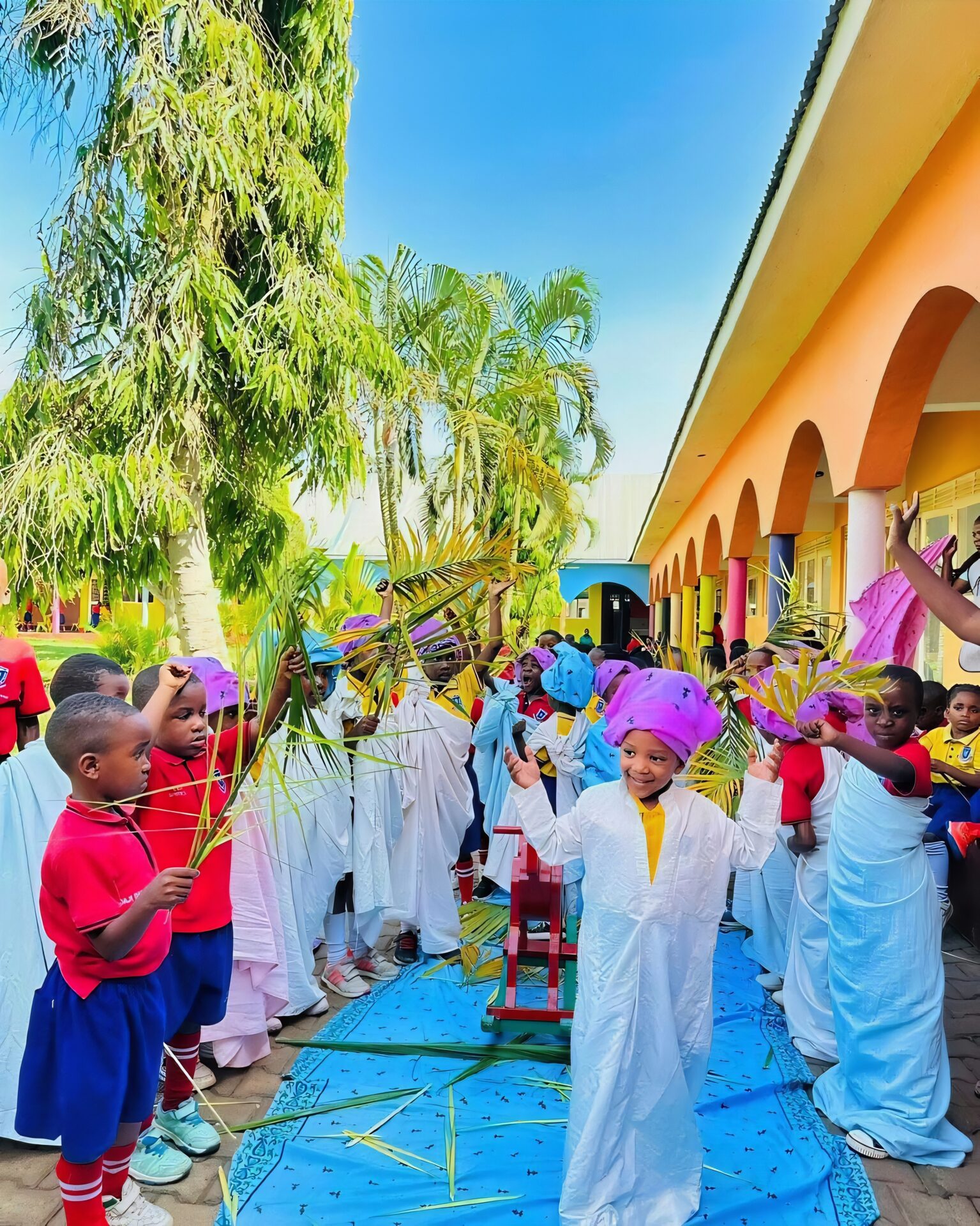
This adaptability—this ability to honour tradition while embracing innovation—is what makes Ugandan Easter celebrations so enduringly powerful. The fusion of indigenous customs with Christian teachings creates a unique expression of faith that feels both timeless and relevant. For instance, the rhythmic beats of drums accompanying hymns remind congregants of their cultural heritage, even as they lift their voices in praise of Christ’s resurrection. Similarly, the preparation of matoke and luwombo during Easter feasts connects families to ancestral practices, grounding them in a sense of identity and belonging.
Celebrating Life Through Diversity
One of the most striking aspects of Easter in Uganda is how it brings together people from all walks of life. Urban dwellers and rural villagers, young and old, rich and poor—all find common ground in their shared commitment to faith and community. This inclusivity reflects the African philosophy of Ubuntu : “I am because we are.” It reminds us that our individual well-being is intrinsically tied to the health of the broader community.
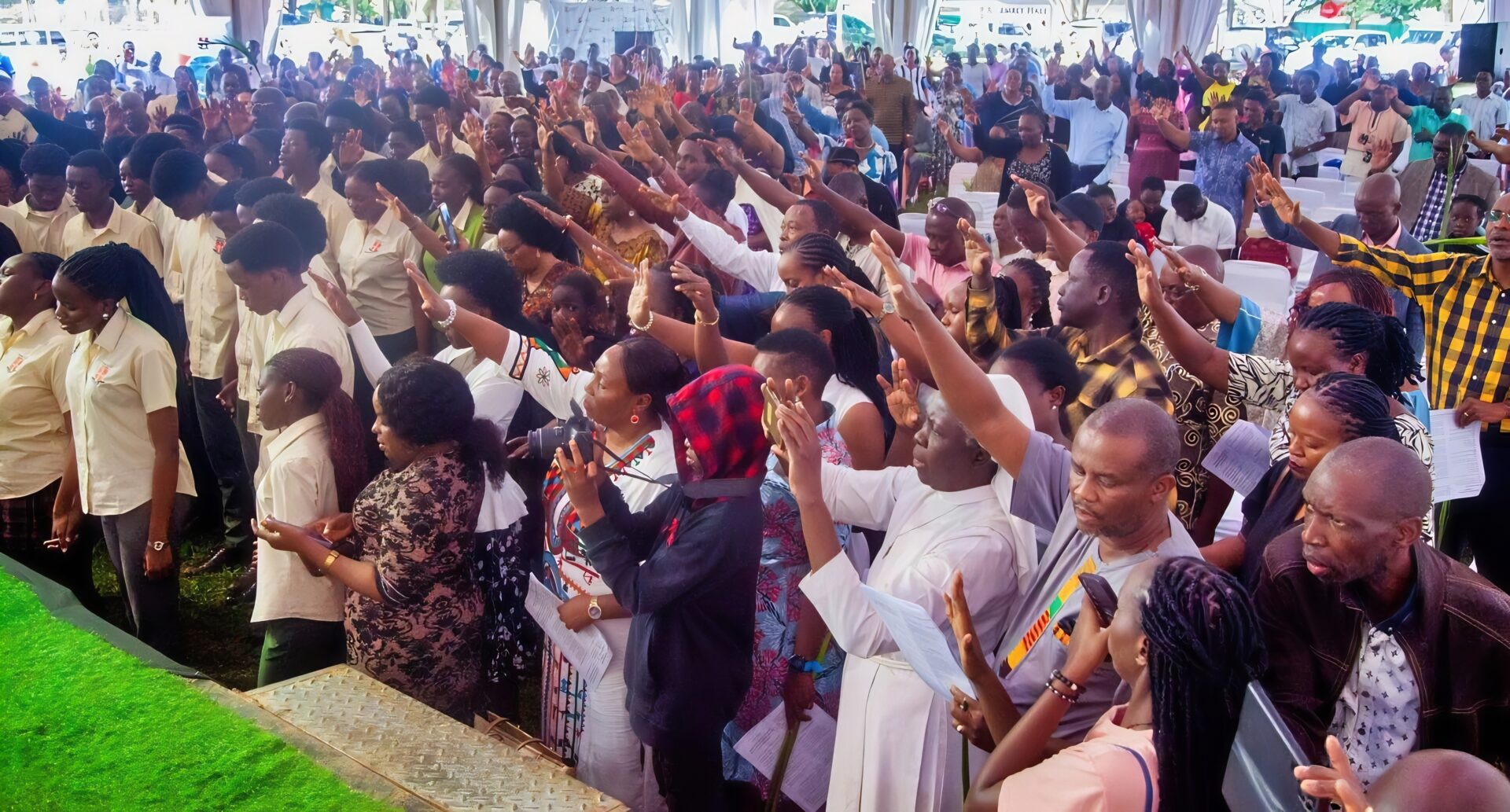
In celebrating life, Ugandans demonstrate that unity does not require uniformity. The diversity of expressions—from formal church services in Kampala to outdoor worship in remote villages—enriches the Easter experience, offering multiple pathways to encounter the divine. By embracing both the sacred and the secular, the spiritual and the cultural, Ugandans create a celebration that feels holistic and deeply human.
Honouring Tradition While Embracing Innovation
Another lesson from Ugandan Easter traditions lies in their balance between reverence for the past and openness to the future. Elders play a vital role in preserving rituals and passing down knowledge, ensuring that younger generations remain rooted in their heritage. At the same time, youth contribute fresh ideas, whether through contemporary music styles, digital storytelling, or eco-friendly initiatives. This intergenerational collaboration fosters a dynamic exchange of perspectives, keeping traditions alive while making room for new interpretations.
For example, integrating Afrobeat rhythms into hymns or hosting virtual Bible studies demonstrates how innovation can coexist with tradition without compromising core values. These adaptations attract younger participants and highlight the universality of the gospel message, which transcends cultural and generational boundaries.
Serving Others: A Pathway to Grace
Central to Ugandan Easter celebrations is the emphasis on service and charity. Acts of kindness—whether distributing food packages, visiting orphanages, or repairing communal infrastructure—reflect the biblical mandate to love thy neighbour. These gestures of compassion underscore the transformative power of faith in action, reminding us that true worship involves caring for the least among us.
Moreover, these efforts foster empathy and solidarity, strengthening the bonds that hold communities together. When a farmer donates maize flour to a widow or a student volunteers at a free medical camp, they embody the spirit of Ubuntu, affirming that humanity thrives when we look out for one another. In serving others, Ugandans encounter grace—not just as recipients of divine favour but as agents of positive change in the world.
A Model for Meaningful Celebrations
As the sun sets on another Easter weekend, casting golden hues over Uganda’s verdant landscapes, one cannot help but marvel at the beauty of this uniquely Ugandan tapestry. From the laughter of children playing amidst palm fronds to the solemn prayers of penitents seeking forgiveness, every moment reflects the profound intersection of faith and culture. These celebrations serve as a powerful reminder that joy arises when we embrace diversity, nurture relationships, and live out our beliefs with authenticity.
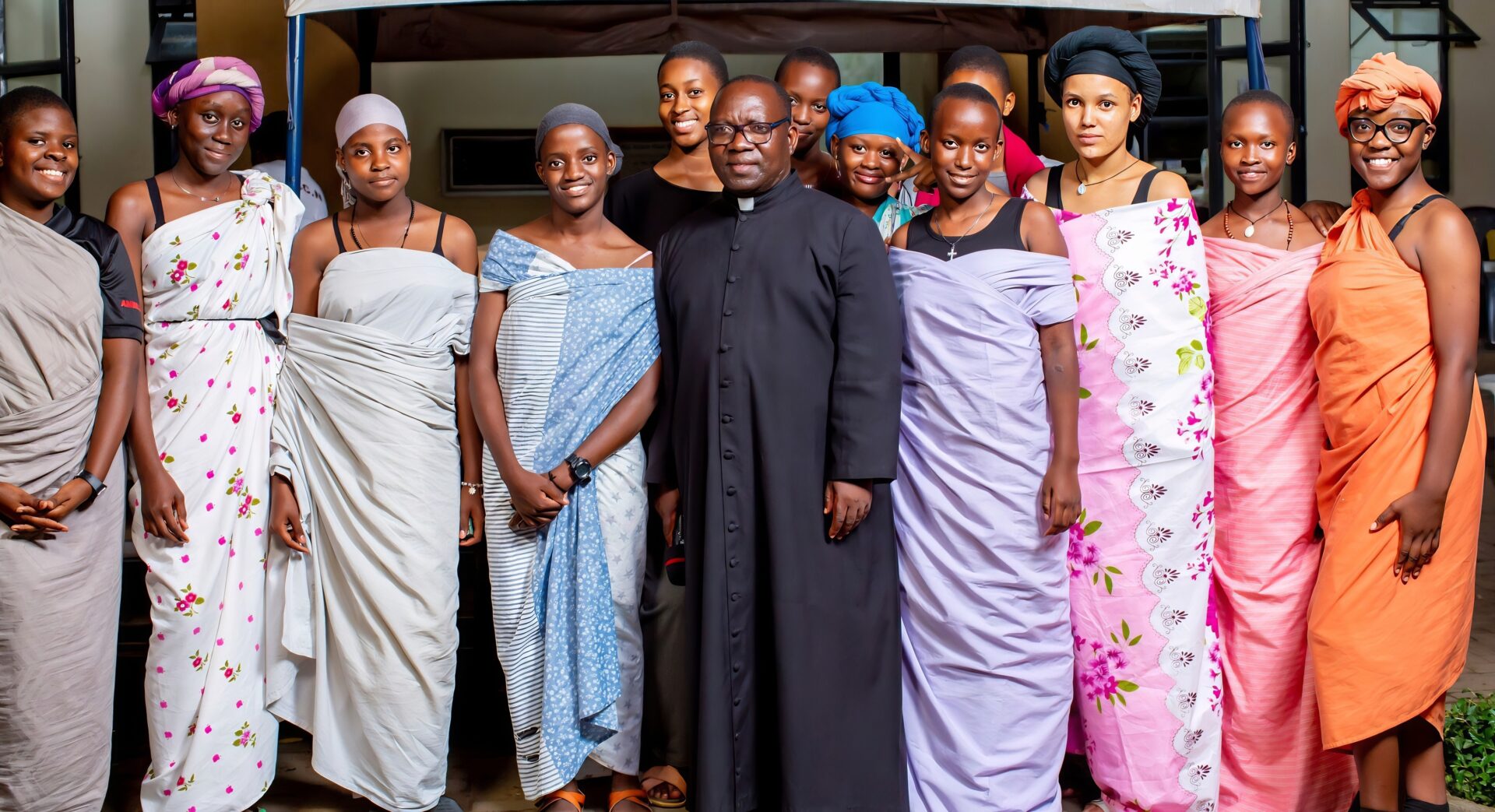
The Ugandan model of Easter offers valuable insights for other cultures and traditions. How might your celebrations benefit from incorporating elements of both faith and culture? Could you draw inspiration from Ugandans’ ability to blend reverence with festivity, tradition with innovation, and individual devotion with communal responsibility? Imagine a holiday season where meals are prepared collectively, stories are shared across generations, and acts of kindness ripple outward, touching lives far beyond immediate circles.
Final Thought: Finding Unity in Diversity
Perhaps the greatest lesson of Easter in Uganda is that it transcends borders—not just geographical ones but also those of age, class, and background. It teaches us that in celebrating life, we discover unity; in honouring tradition, we uncover innovation; and in serving others, we encounter grace. As the echoes of hymns fade and the aroma of roasted goat meat lingers in the air, we are reminded that the essence of Easter lies not in grand gestures, but in the quiet moments of connection that bind us together.
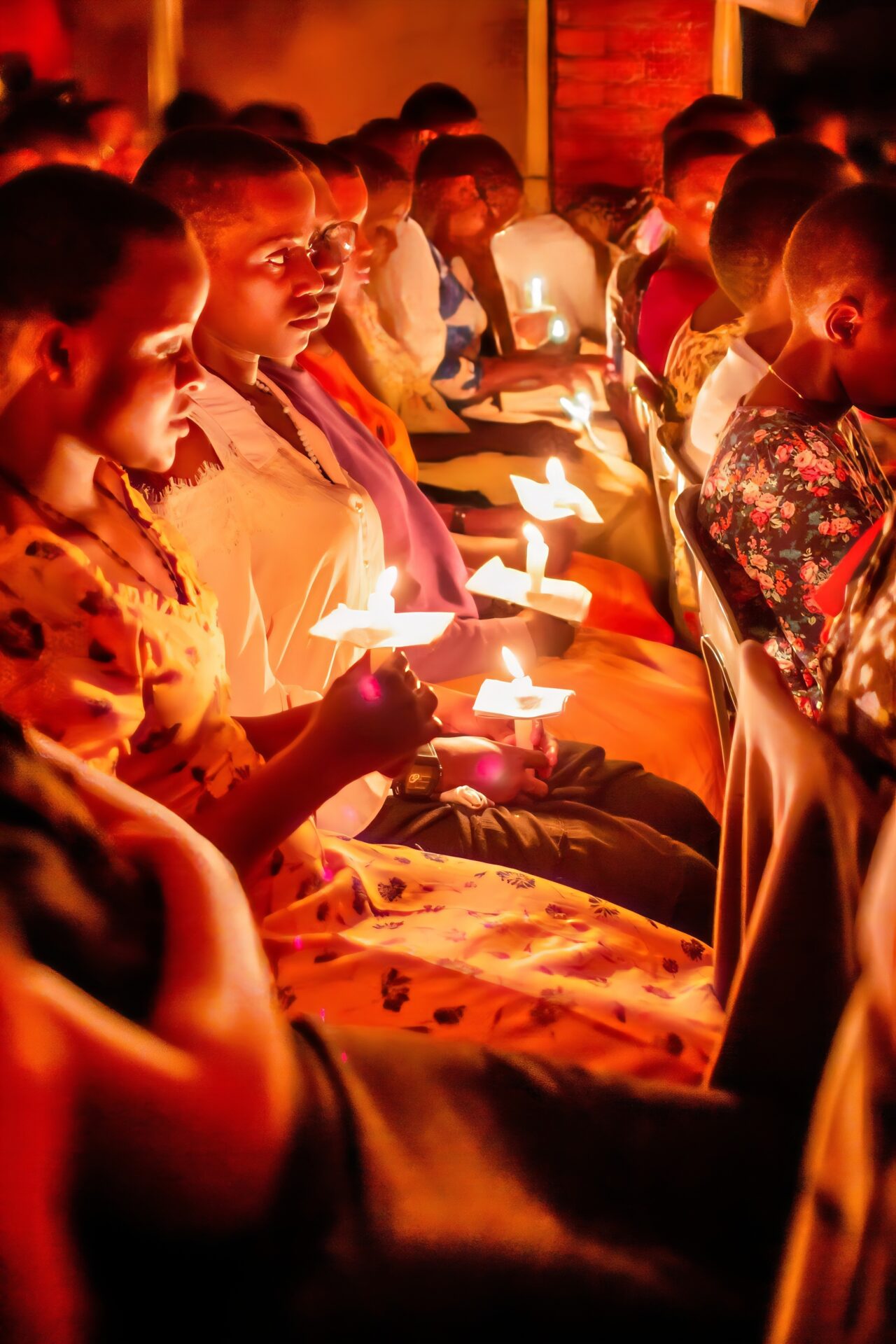
So, as you reflect on your traditions, consider how you might infuse them with the spirit of inclusivity, creativity, and compassion exemplified by Ugandan Easter celebrations. After all, the true miracle of Easter is not confined to a single day or place—it is found in the everyday acts of love, forgiveness, and renewal that make us better versions of ourselves. And isn’t that a legacy worth celebrating?

